Small pets have a curious nature and a strong urge to chew. If you have a rabbit, guinea pig, or chinchilla, you’ve probably noticed their attraction to electrical cords. What might seem like harmless chewing behavior can actually turn dangerous very quickly.
Click Here For a Guide to Understanding Your Rabbits Diet.

Exposed wires, even briefly, can lead to burns, electric shock, or worse. That’s why cord-proofing your home isn’t just a good idea—it’s a must if you want to keep your small pets safe.
Why Small Pets Are Drawn to Cords
Small pets explore their world with their mouths. It’s how they learn and stay entertained. But chewing isn’t just fun—it’s also necessary. Rabbits, for example, have teeth that never stop growing. Chewing helps keep them at a healthy length.
Unfortunately, cords feel a lot like twigs. They're soft on the outside, dense in the middle, and usually within easy reach. Add boredom or curiosity, and you've got a recipe for a chewed-up power strip—or worse, a trip to the vet.
Cord-Proofing Home for Small Pets: Tools and Tricks
Cord-proofing your home for small pets doesn't need to be expensive or complicated. With a mix of the right materials and a bit of planning, you can protect both your pets and your electronics.
Spiral Cord Wraps
Spiral cord wraps were originally designed to organize cables, but they’re perfect for creating a barrier against tiny teeth. You can get spiral cord wraps online or at most hardware stores.
When applying the wrap, overlap the spirals so there’s no exposed cord. Gaps between the spirals are invitations for chewing. A tight, continuous wrap gives your cords the best chance of survival.
Flexible Tubing Options
If you’ve got a pet who can work through spirals like a beaver on a mission, then it’s time to step things up. Flexible tubing is more rigid and tougher to chew. It’s easy to cut to size and can run along furniture or behind appliances without kinking.
Many pet owners choose split loom tubing for this purpose. It’s inexpensive and durable, plus it adds an extra layer of deterrence.

PVC Pipe: The Heavy-Duty Option
When all else fails, it’s time to bring out the big guns. PVC pipe is nearly chew-proof. It’s solid, thick, and gives your cords a level of protection that most pets can’t get past.
You can run cords directly through a length of pipe or use curved connectors to follow corners and edges. Just make sure the pipe doesn’t have gaps at either end—some pets love a challenge, and an open PVC pipe might be too tempting to ignore.
Wire Concealers for Discreet Protection
Not every solution needs to look like a hardware store exploded in your living room. Wire concealers are a more decorative way to hide cords and protect your pets.
These run along the wall and match your trim or paint. If your pet doesn’t see the cords, they’re less likely to investigate them. Combine this with spiral wrap at the outlet for a complete solution.
Layering Protection: The Combo Approach
Think of cord-proofing like dressing for winter: one layer won’t cut it. Cords that run from an outlet to a lamp might need concealers along the wall, spiral wrap where it’s visible, and a tube near the plug. Mix and match depending on your pet’s habits and the cord’s location.
Don’t forget the areas under furniture or behind entertainment centers. These spots are often overlooked, but your pet will find them.

Protecting Outlets and Other Hidden Hazards
While we’re on the subject, outlets deserve some attention too. A cord-proofing strategy isn’t complete if the outlet itself is exposed. Outlet covers that plug into unused sockets are a quick fix, but there are also full outlet boxes that prevent pets from tugging on cords or accidentally loosening plugs.
You can find these at most home improvement stores or online. Look for styles that screw into the wall or snap into place for extra stability.
Room Restrictions That Actually Work
Sometimes the best solution is just keeping your pets away from trouble altogether. Use baby gates to block off cord-heavy rooms. But remember—some small pets can squeeze through the bars or dig underneath. To fix this, attach plexiglass panels or use thick plywood to cover gaps.
If you need a temporary barrier, a folded exercise pen or storage cube grid can work in a pinch. Just secure it with zip ties so it can’t be knocked over.
Keep Boredom at Bay
Cord-proofing home for small pets is just one part of the puzzle. Even with all your wires wrapped, tucked, and hidden, a bored pet will find ways to create trouble. Rabbits especially need daily mental and physical stimulation to stay healthy and out of mischief.
If your pet doesn’t have something appropriate to chew, they’ll choose whatever’s handy, including your charger cable or TV cord. That’s why toys are just as important as tubing and wraps when it comes to protecting your home.
Chew Toys That Work
If you're looking for rabbit-safe and guinea pig-approved chew toys, check out the options at Rabbit Hole Hay’s toy collection. Here are a few standouts worth trying:
-
Apple Chew Sticks: These all-natural apple wood sticks are perfect for busy teeth. They’re untreated, safe, and ideal for pets that need to wear down their molars while staying entertained.
-
Timothy Hay Cube Bites: These dense, chewable cubes combine nutrition with enrichment. Rabbits love to toss them around and gnaw on them throughout the day.
-
Stuffable All Natural Willow Chew Ball: Made from 100% real Willow sticks from QiLiu Willow trees, these chew toys are a sensory hit. Your bun will enjoy chewing on the Willow and you can stuff it with their favorite hay!
You don’t need to overwhelm your pet with choices all at once. Offer two or three different toys at a time, and swap them out regularly. You’ll notice your pet returning to “forgotten” toys with fresh interest, as if they’re brand new again.
Enrichment doesn’t have to stop with chew toys, either. Try cardboard castles or hay-stuffed toilet paper rolls. Just make sure anything homemade is safe, dye-free, and free from glue or tape.
Hay: The Unsung Hero of Chewing Prevention
Let’s not forget that diet plays a huge role in behavior. Rabbits and guinea pigs, especially, need a constant supply of hay—not just for nutrition, but also to wear down their teeth.
Without enough fiber, they’ll go looking for anything else to chew, and cords are often the easiest target. Stock up on fresh, clean hay from a reliable source like Rabbit Hole Hay. It satisfies their instinct to chew and keeps their teeth in check.
Looking for hay variety? Our Hay 101 blog for small pets breaks down the different hay types and what might be the best option for your small pet.
Inspect and Refresh Your Setups Regularly
Pets change. What they ignored last week might be their new obsession today. Check your protective tubing and wraps weekly. If you notice chew marks, swap them out. Tighten zip ties. Rethink that exposed stretch near the coffee table.
Staying one step ahead keeps your pets out of the emergency vet—and keeps your electronics running.
Signs Your Cord-Proofing Needs an Upgrade
Even with the best planning, curious pets can surprise you. Maybe your bunny has started chewing near the baseboard, or your guinea pig figured out how to pull a cord through a gap in the tubing. That’s your cue to upgrade your defenses.
If you're noticing bite marks on plastic or nibbled rubber, it’s time to adjust. Reinforce weak points, double-wrap the riskiest cords, and consider relocating any electronics that don’t absolutely need to be in reach.
Common Mistakes to Avoid

Some methods just don’t work as well as you’d hope. Here are some pitfalls you’ll want to dodge:
-
Taping cords to the floor: Pets will just pull the tape off—and sometimes eat it.
-
Wrapping cords in cloth: Cloth feels even more like a chew toy than plastic. Plus, it offers no bite resistance.
-
Leaving cords behind furniture unprotected: Just because you can't see them doesn’t mean your pet can’t find them. They love tight, hidden spaces.
Best Practices for Cord-Proofing Home for Small Pets
Let’s sum up a solid game plan. Here's what every small pet owner should aim for:
-
Inspect your home from a rabbit’s-eye view. Crawl on the floor and look at where cords run. If you can see it, so can your pet.
-
Use multiple forms of protection—layer spiral wraps with tubing or concealers for the best defense.
-
Keep your pet’s playtime areas well-stocked with chew toys, tunnels, and other distractions.
-
Close off rooms or areas where heavy electronics are plugged in and keep cables behind solid furniture.
-
Feed a proper diet rich in hay and fiber. A healthy rabbit or guinea pig is a calm one—and less likely to go exploring for trouble.
Resources That Make Life Easier
Shopping online saves time and lets you compare products made specifically with pets in mind. Sites like Chewy and Amazon carry a wide range of cord covers, concealers, and chew-proof tubing. You can also find advice from real pet owners in product reviews.
For high-quality hay that supports dental health and satisfies natural chewing instincts, visit Rabbit Hole Hay. It’s where quality nutrition meets peace of mind.
A Safer Home Is a Happier Home
We all want our small pets to live long, happy lives. Taking the time to cord-proof your home is one of the best things you can do to make that happen. It protects them from injury, protects your devices from destruction, and brings peace of mind knowing that your space is safe.
When it comes to cord-proofing home for small pets, the goal isn’t just to cover every inch—it’s to outsmart the most determined chewers. With the right setup and a little maintenance, you’ll keep those cords bite-free and your little ones out of trouble.
Key Takeaways
-
Use multiple layers of protection—spiral wraps, tubing, and concealers work better together.
-
Stay ahead of your pet’s curiosity by rotating toys and inspecting your setup weekly.
-
Feed high-quality hay daily to keep chewing focused on something healthy.

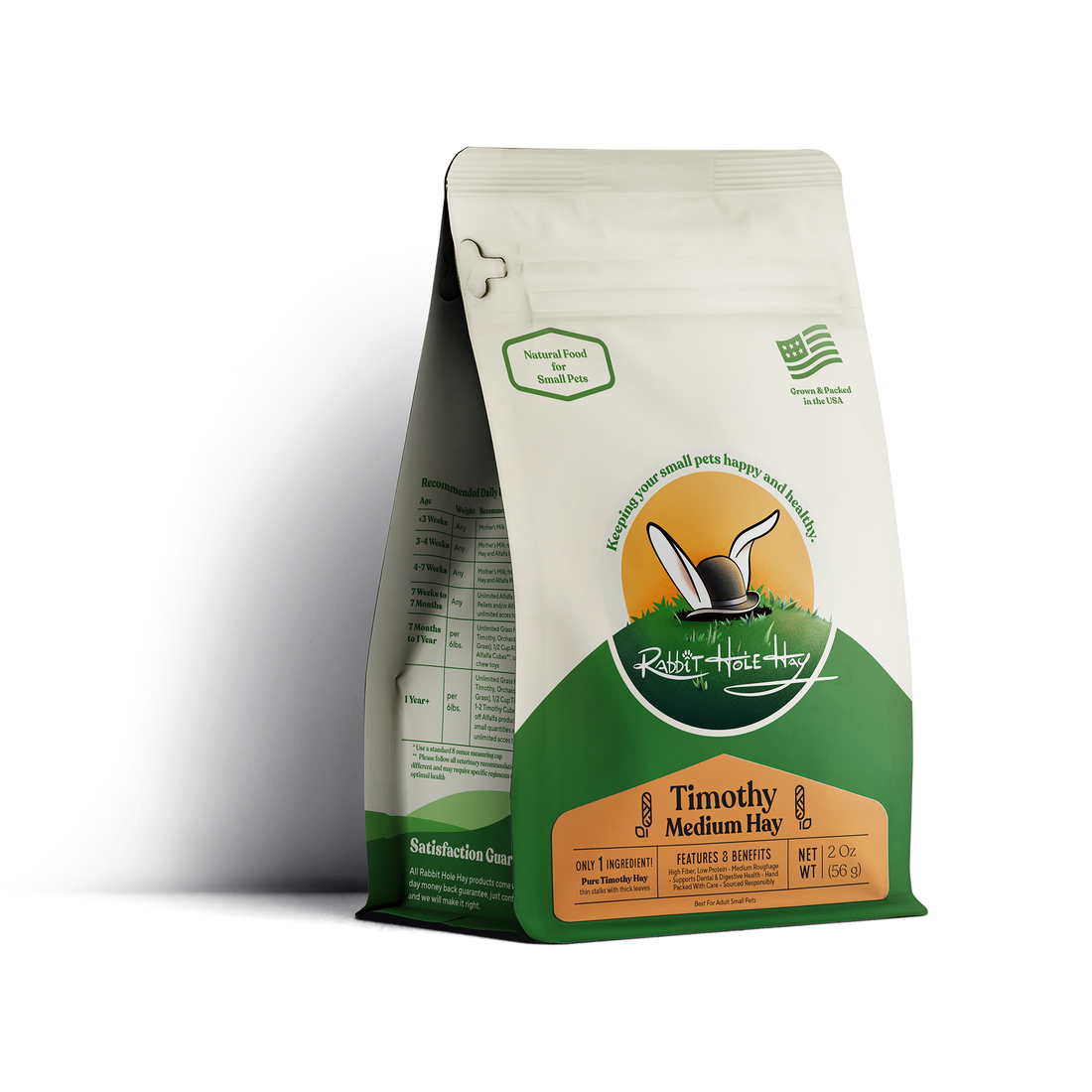
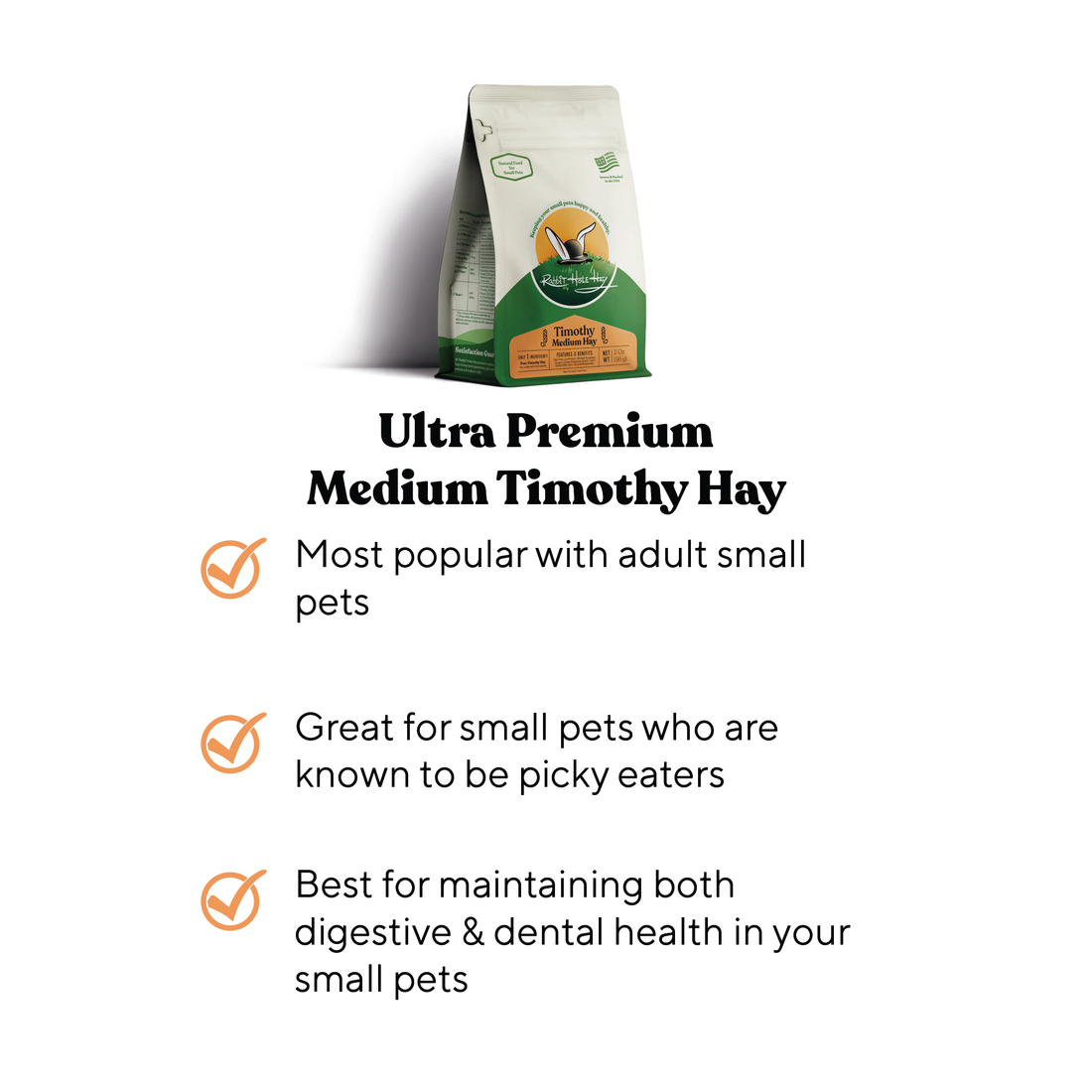
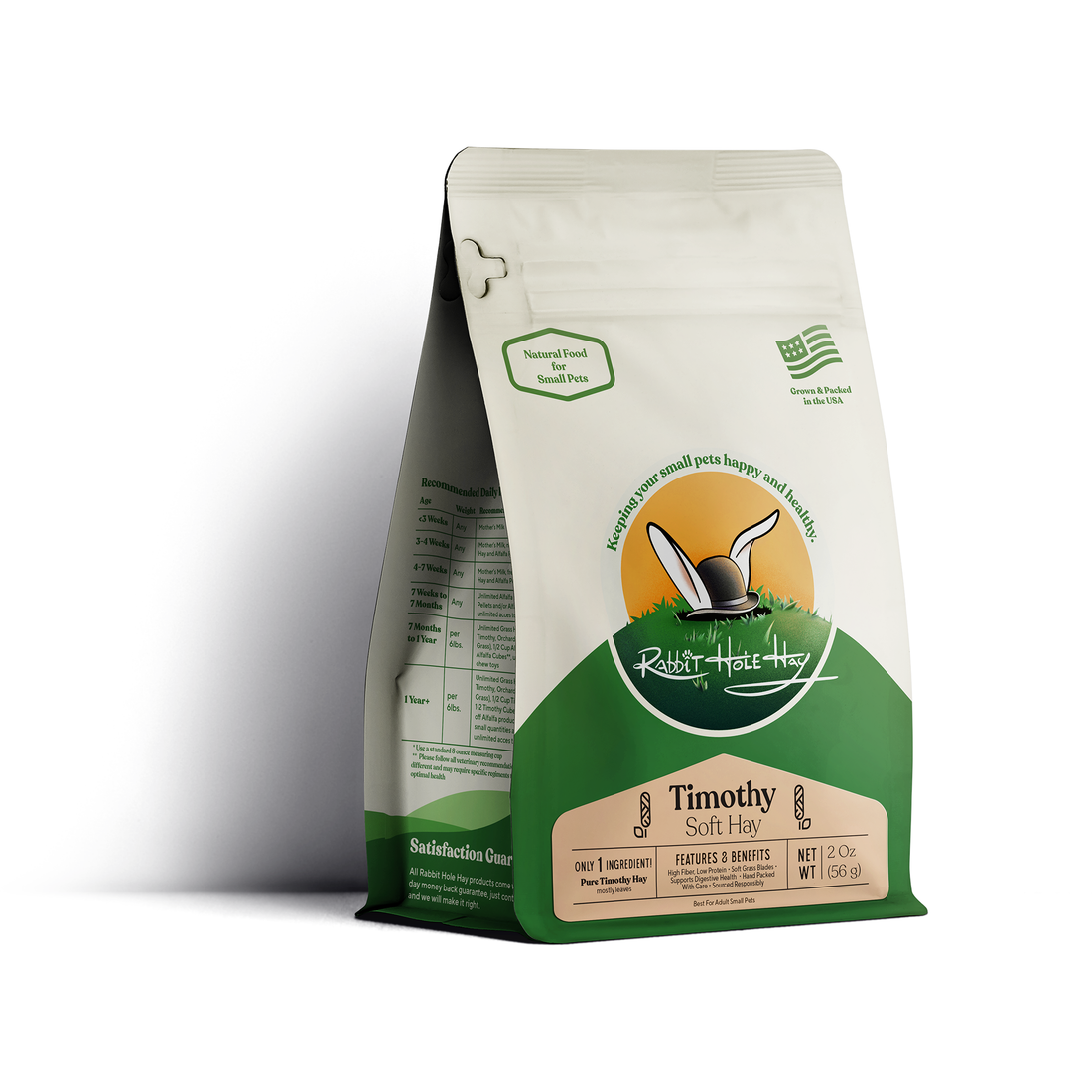

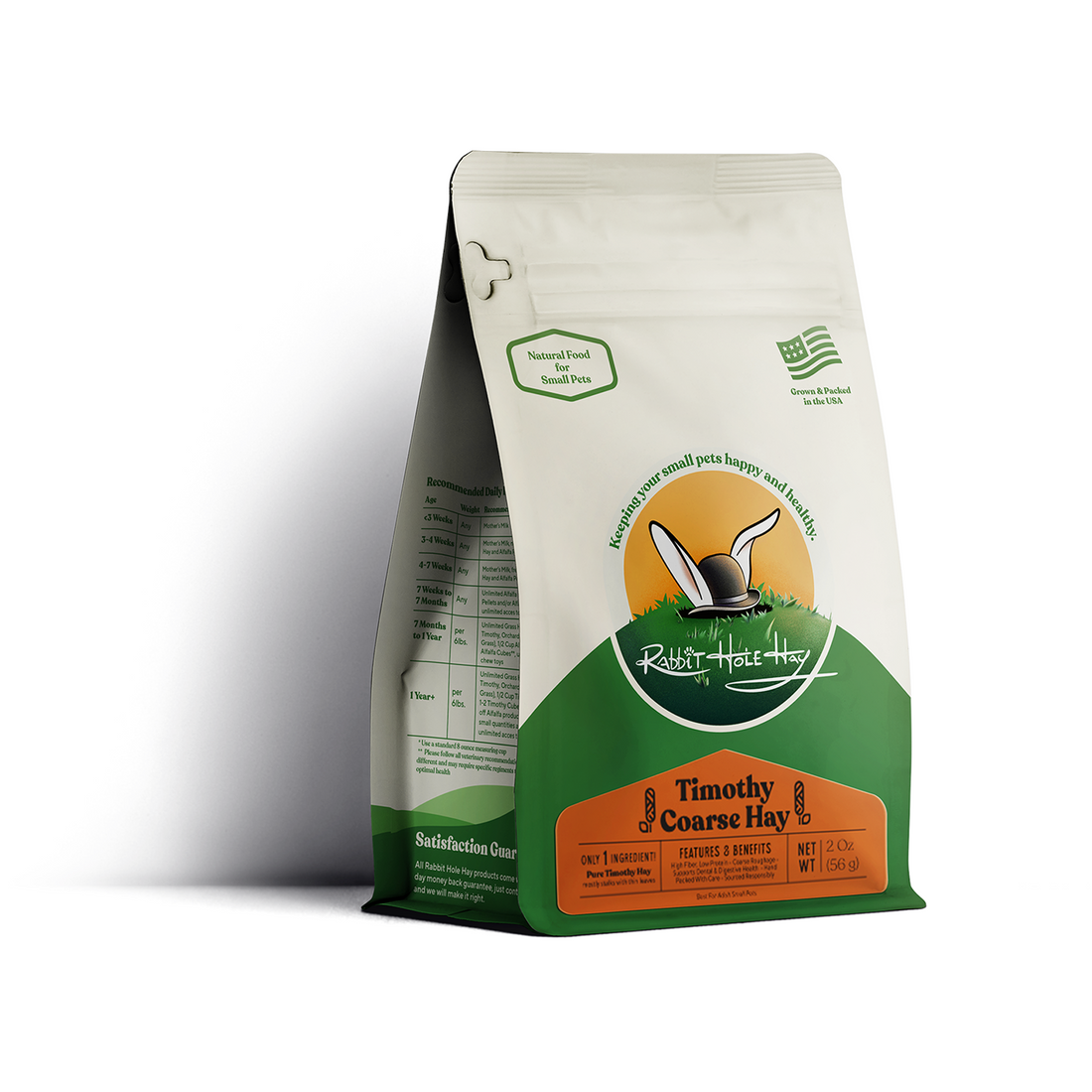

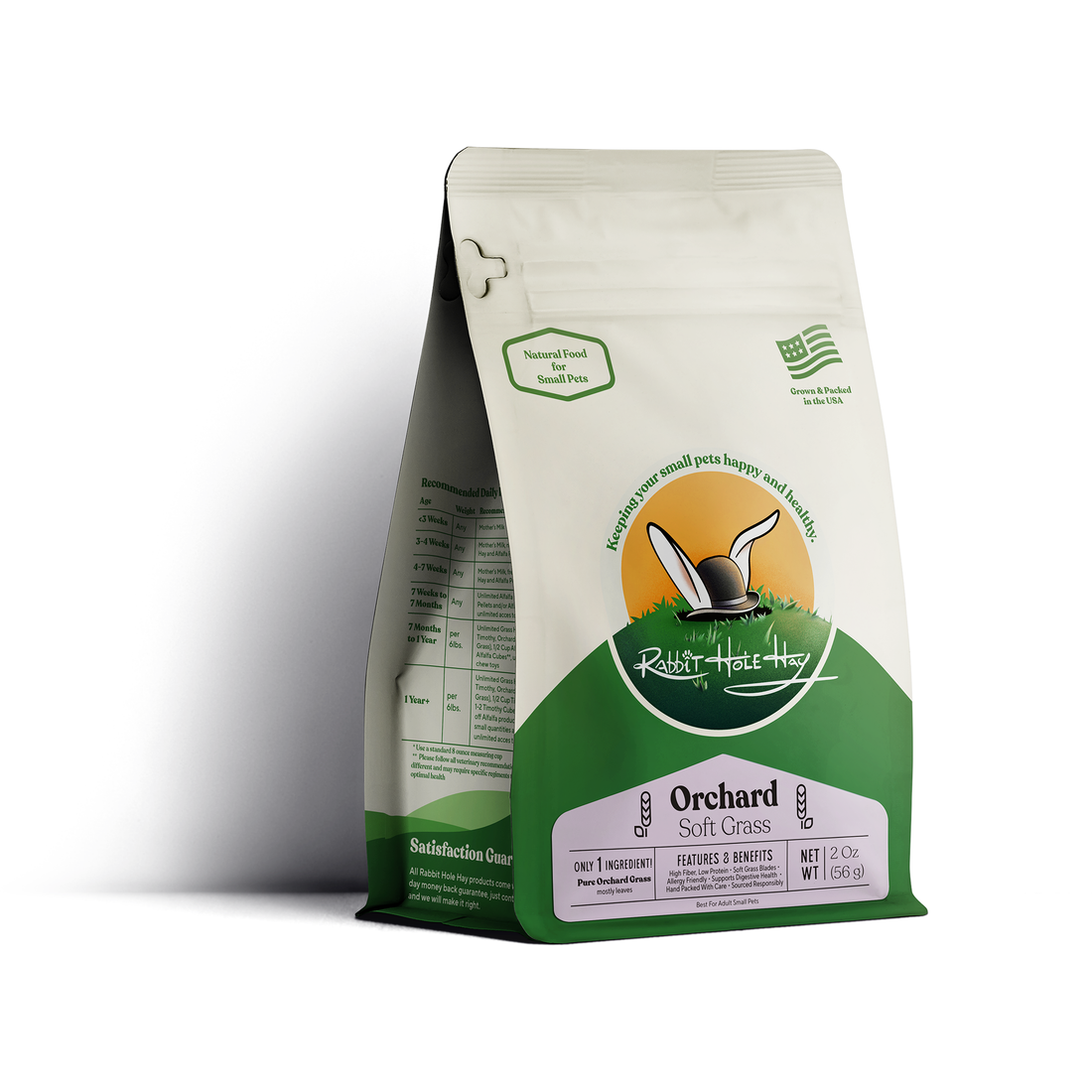
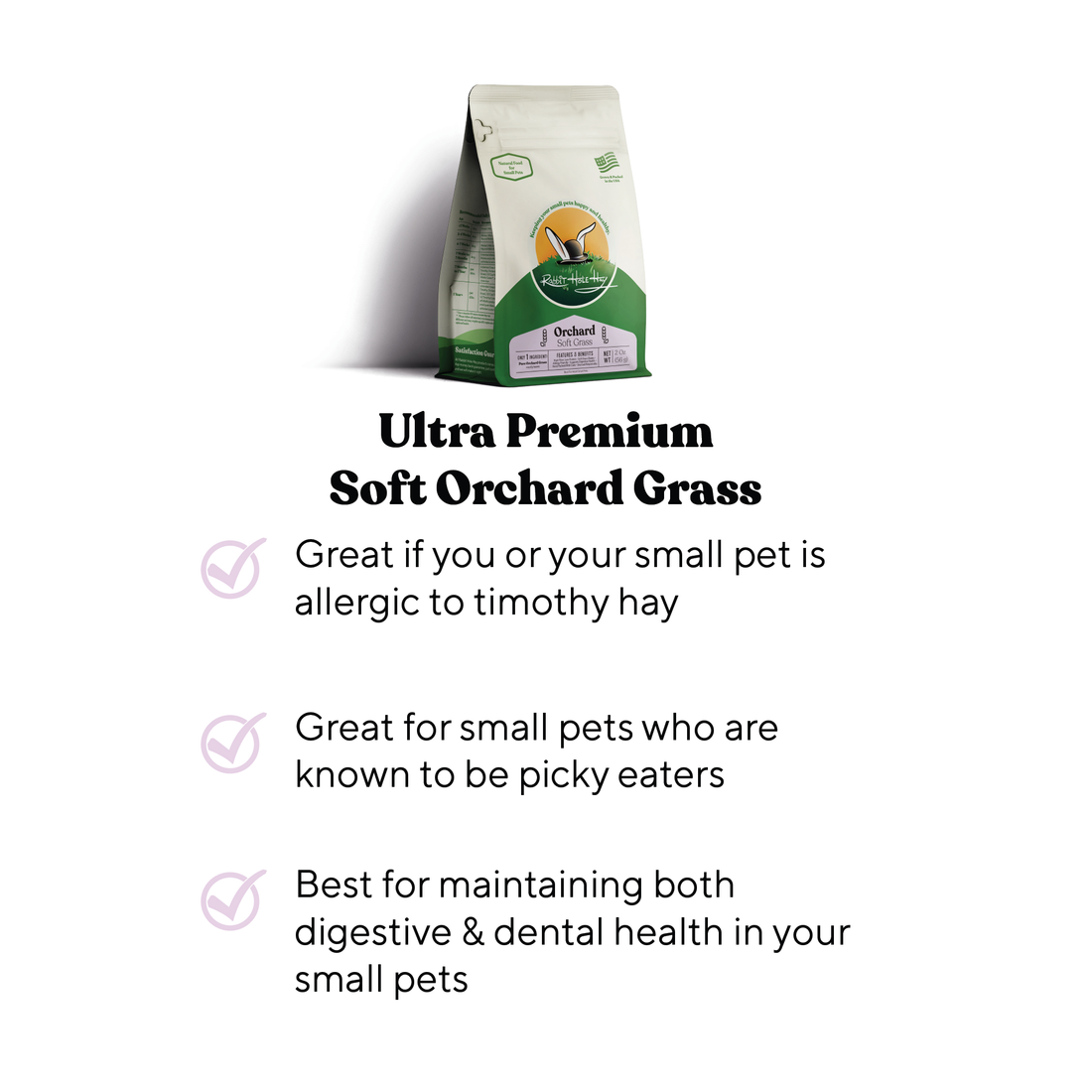
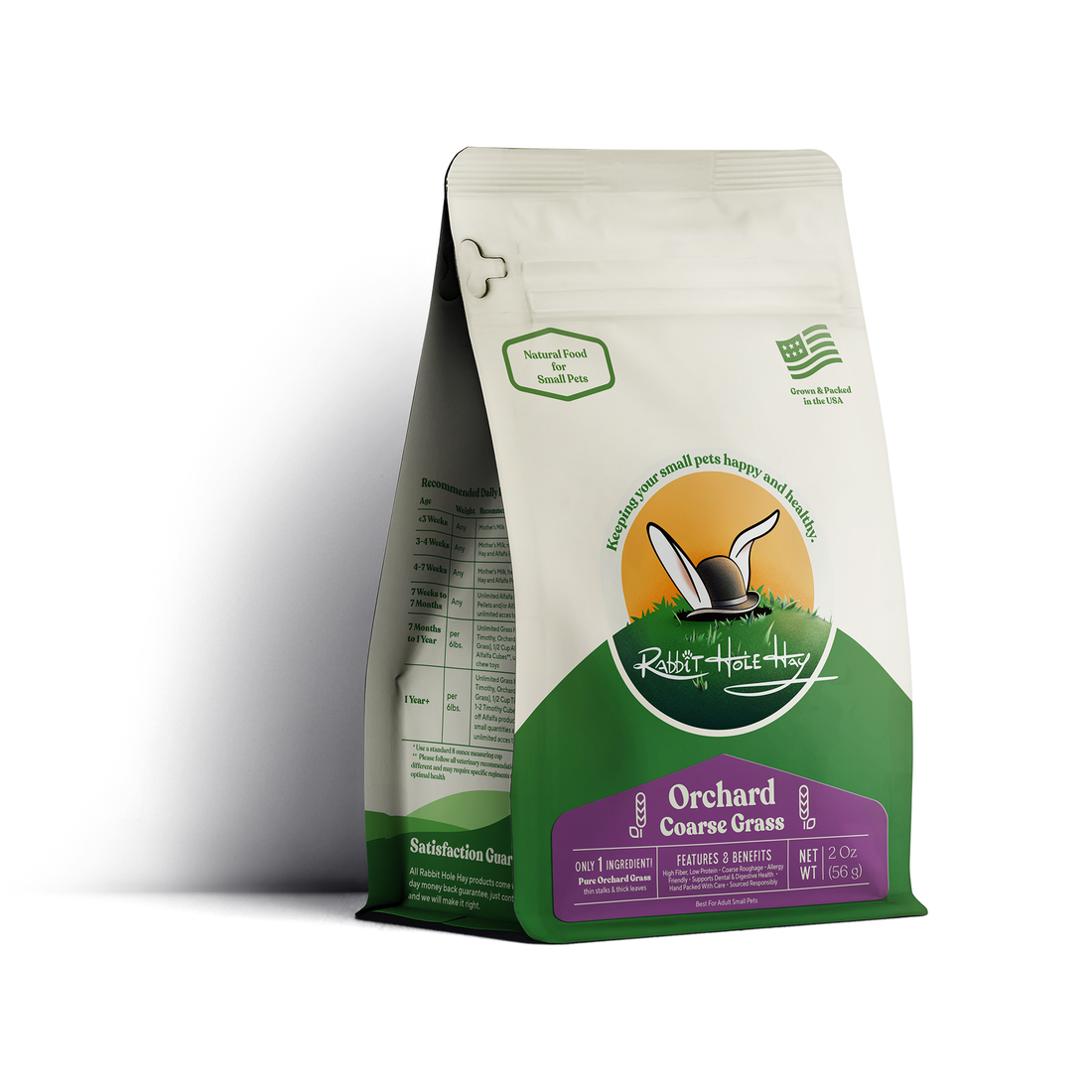

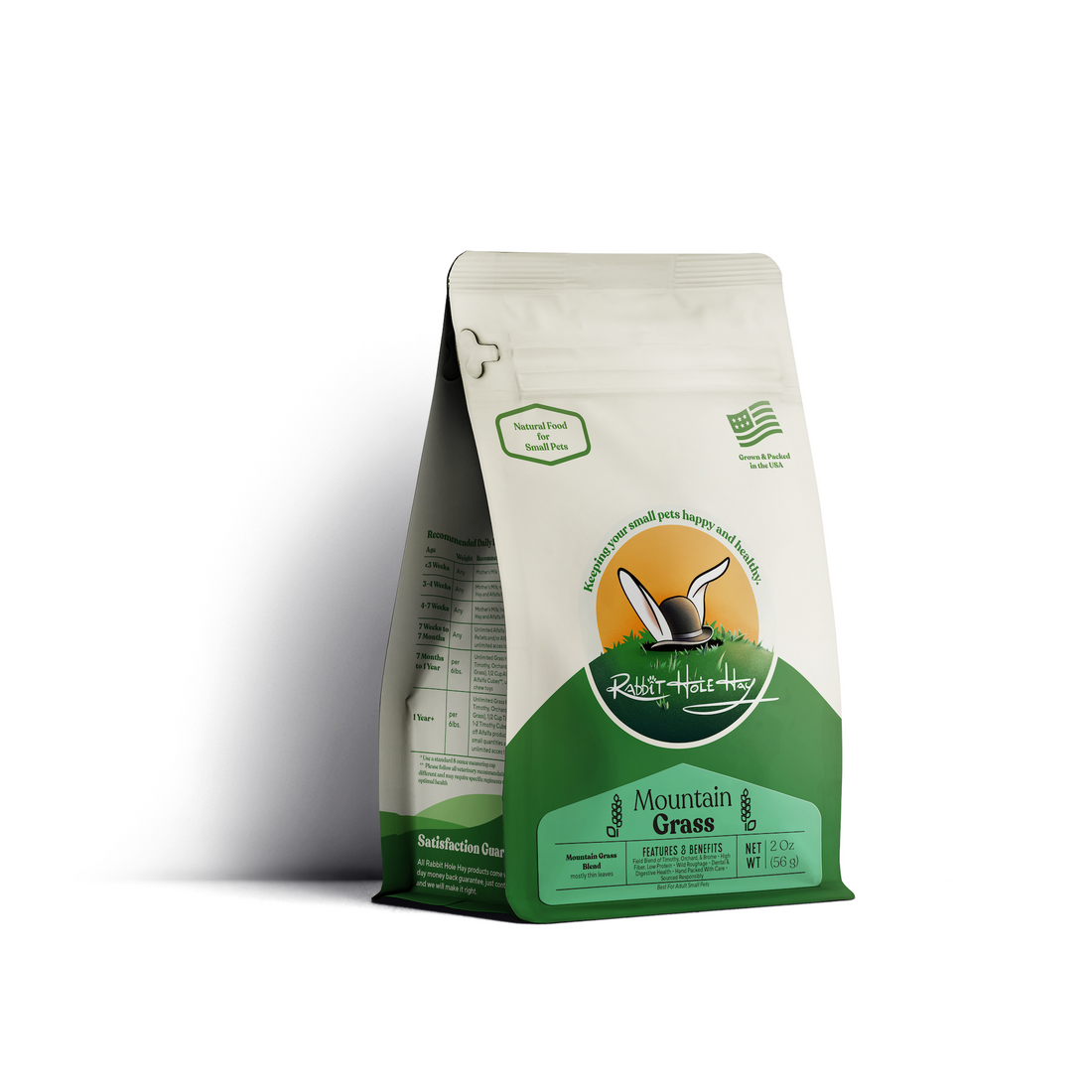

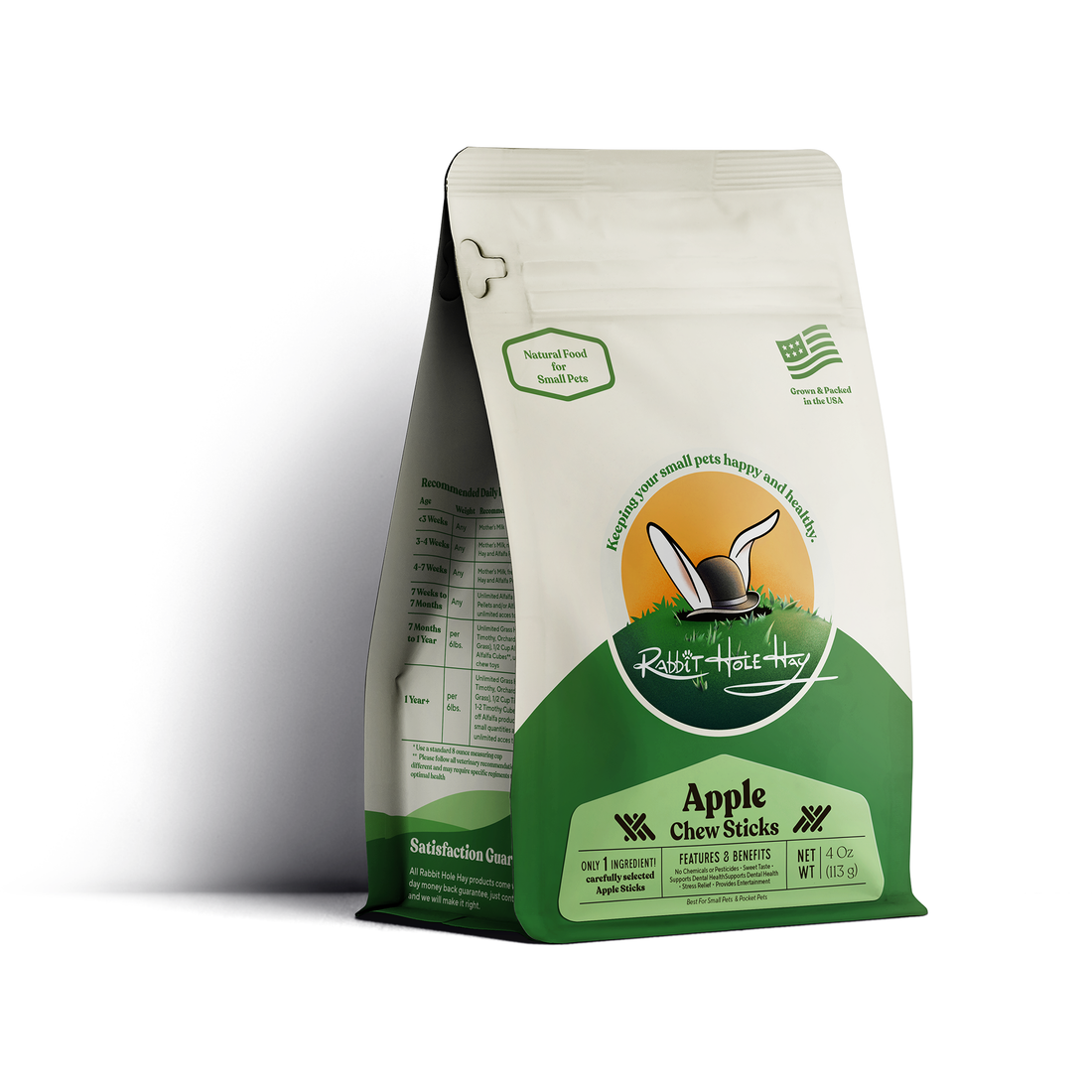
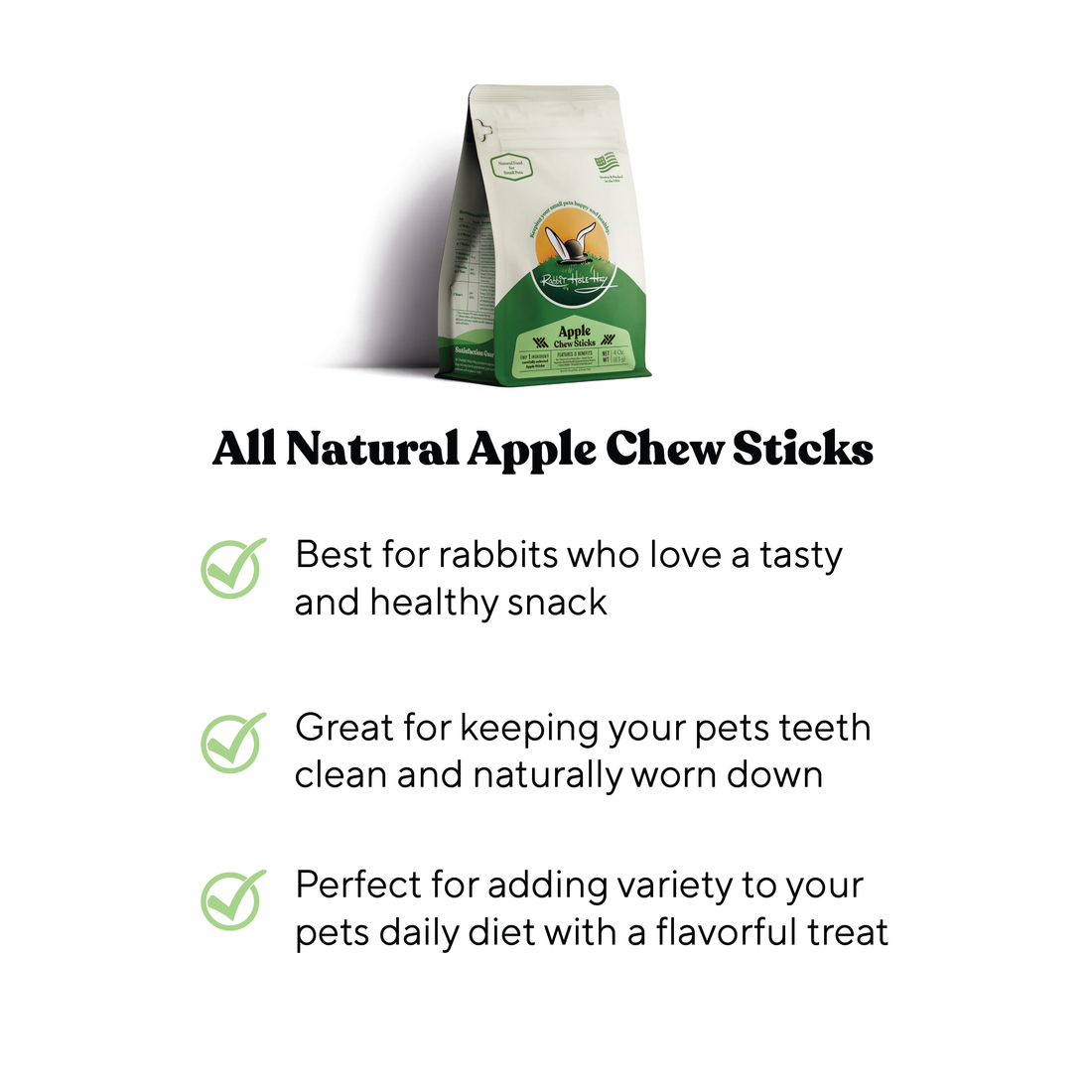


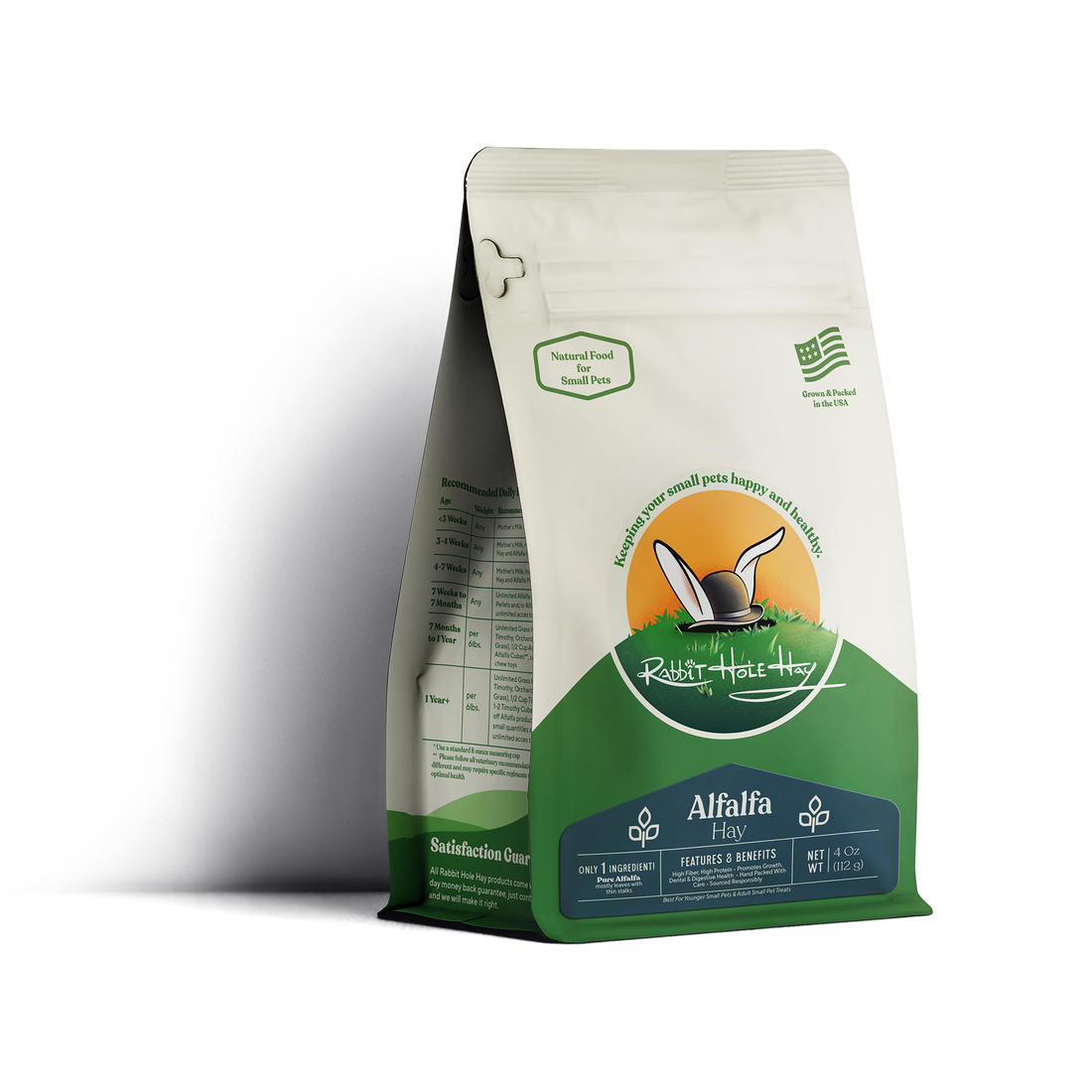
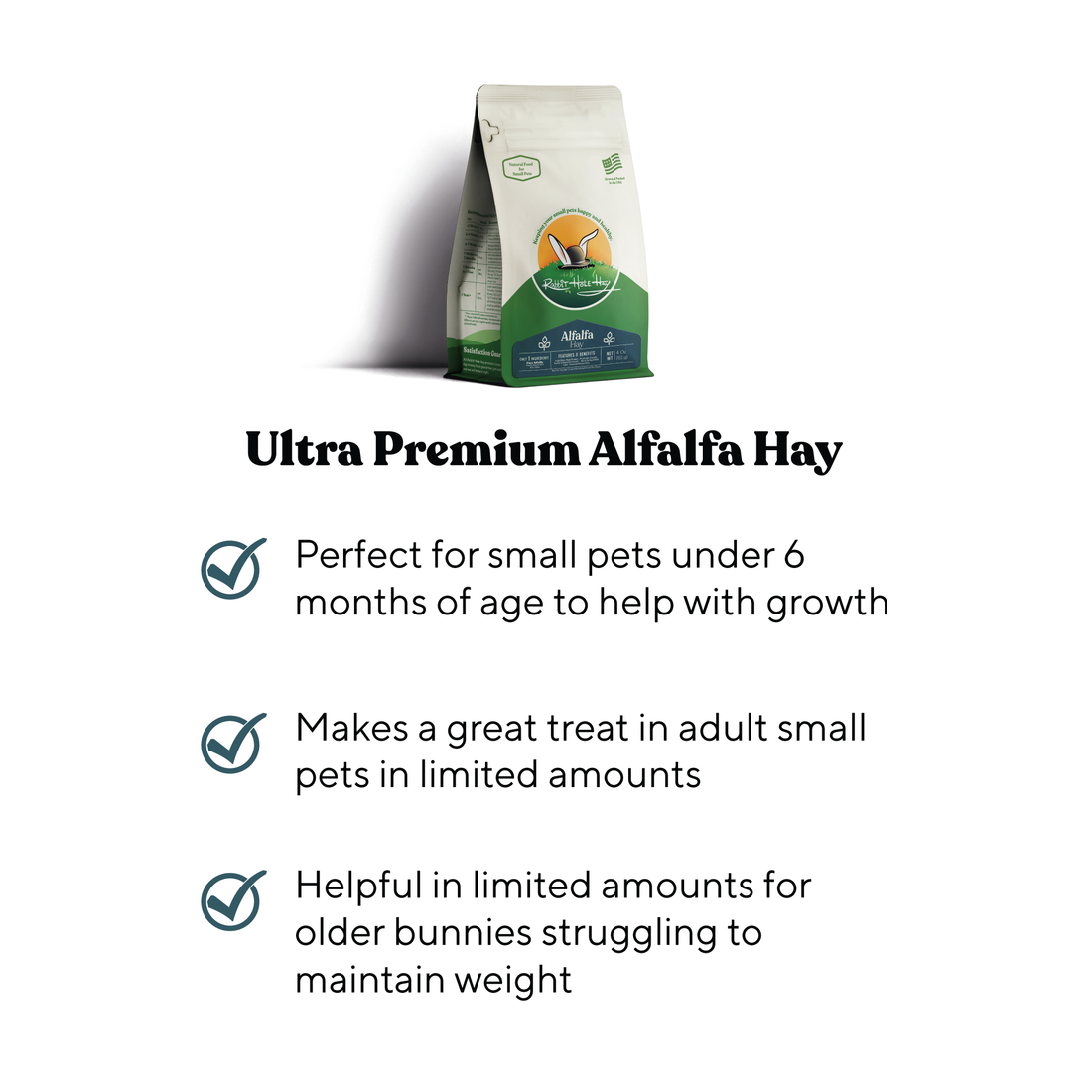
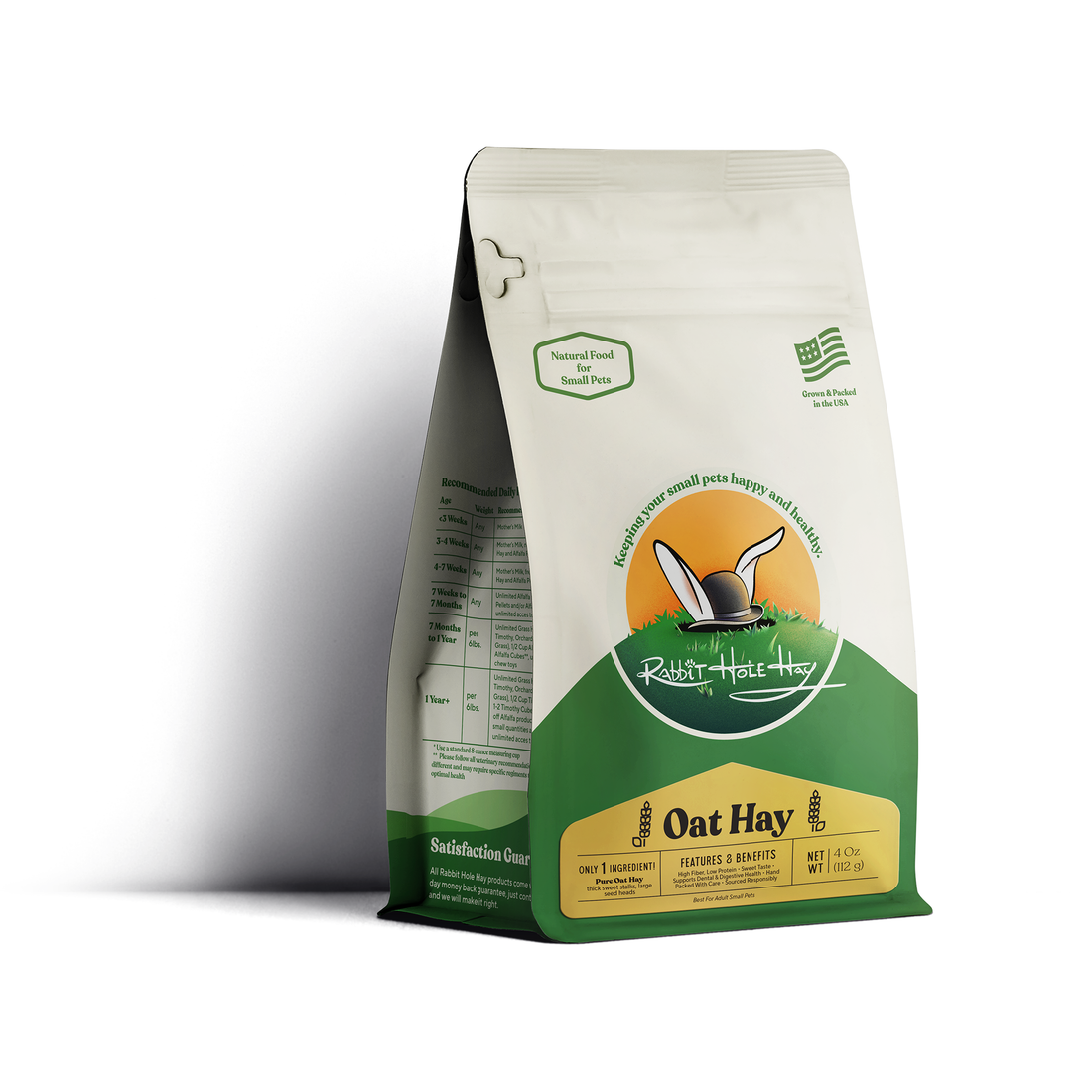
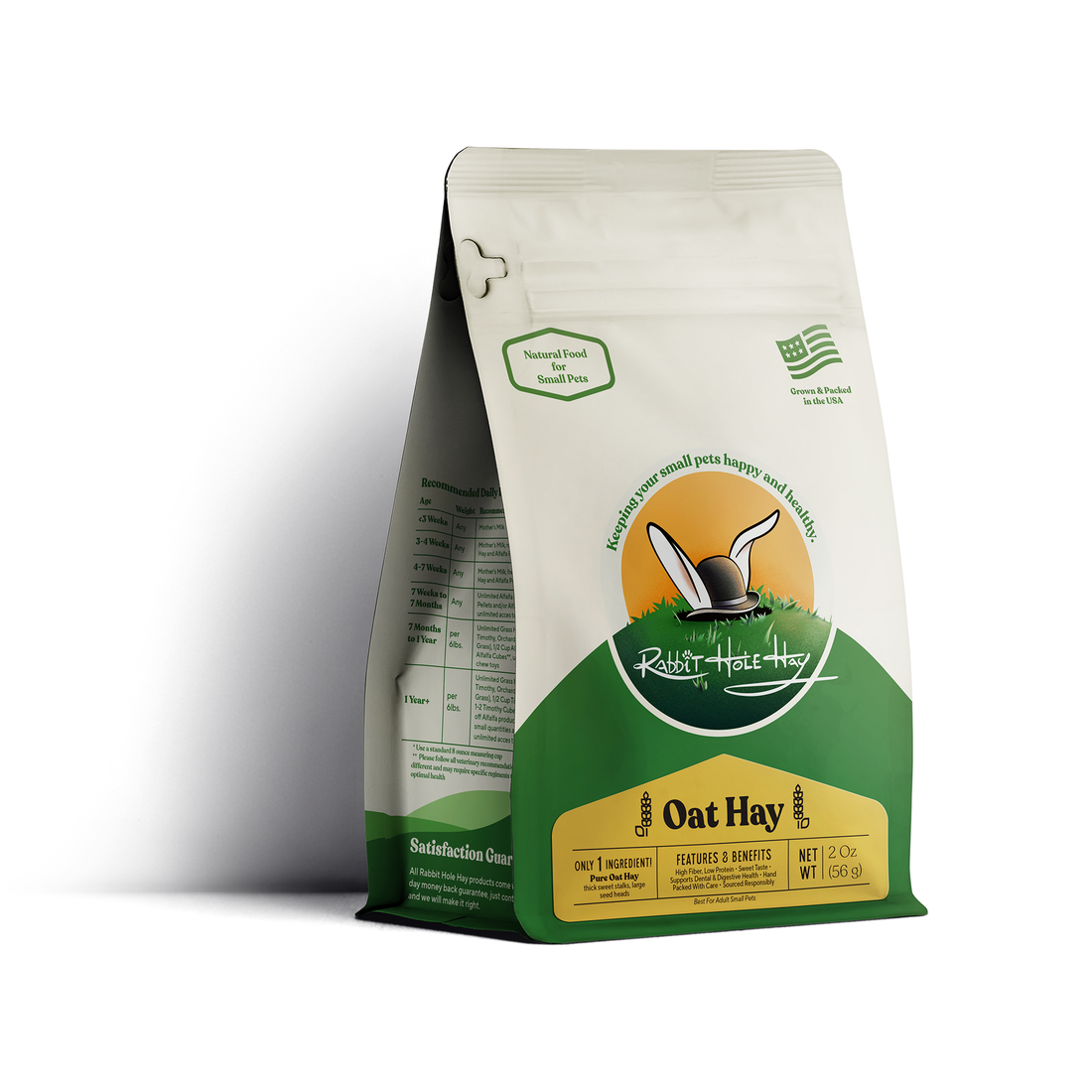
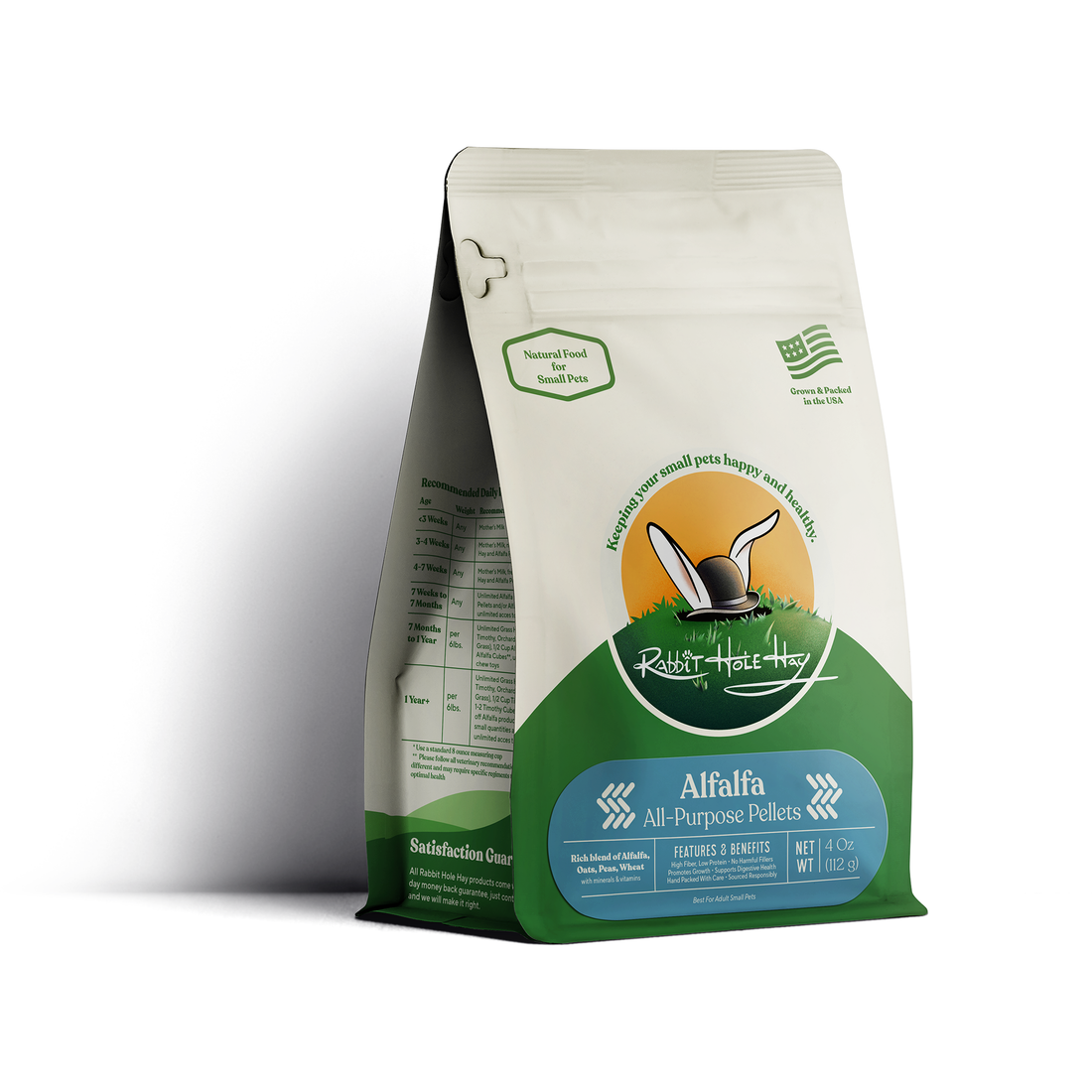
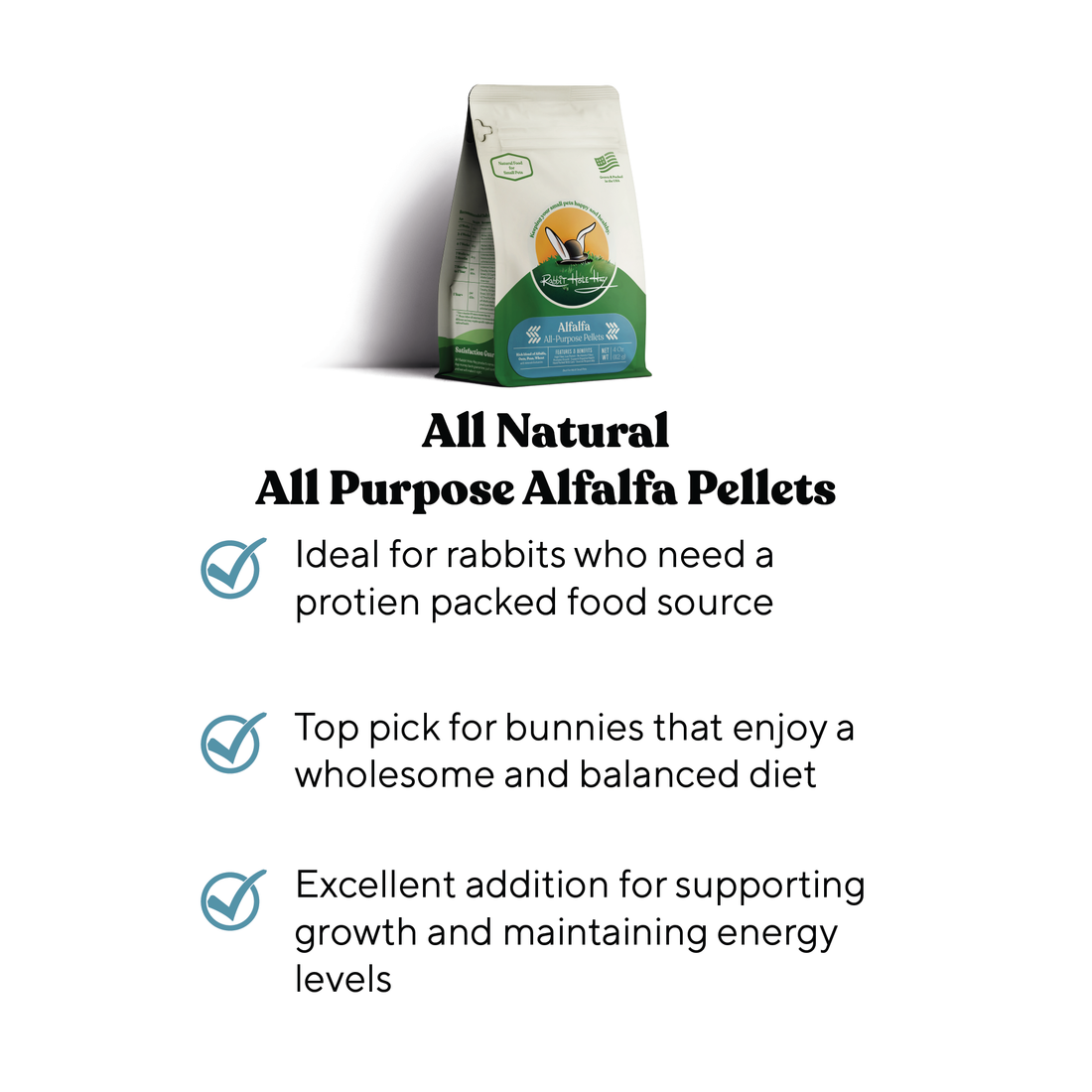
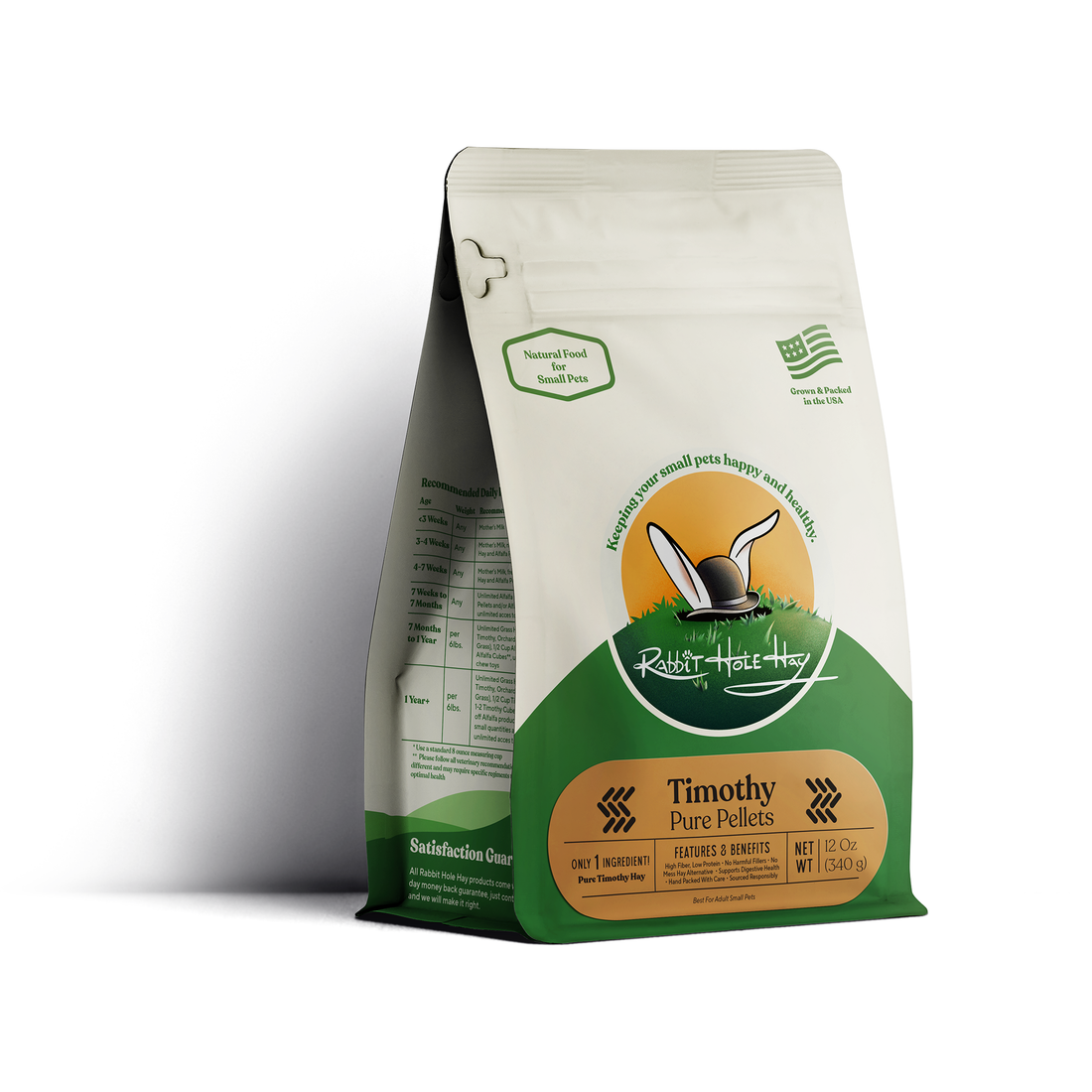

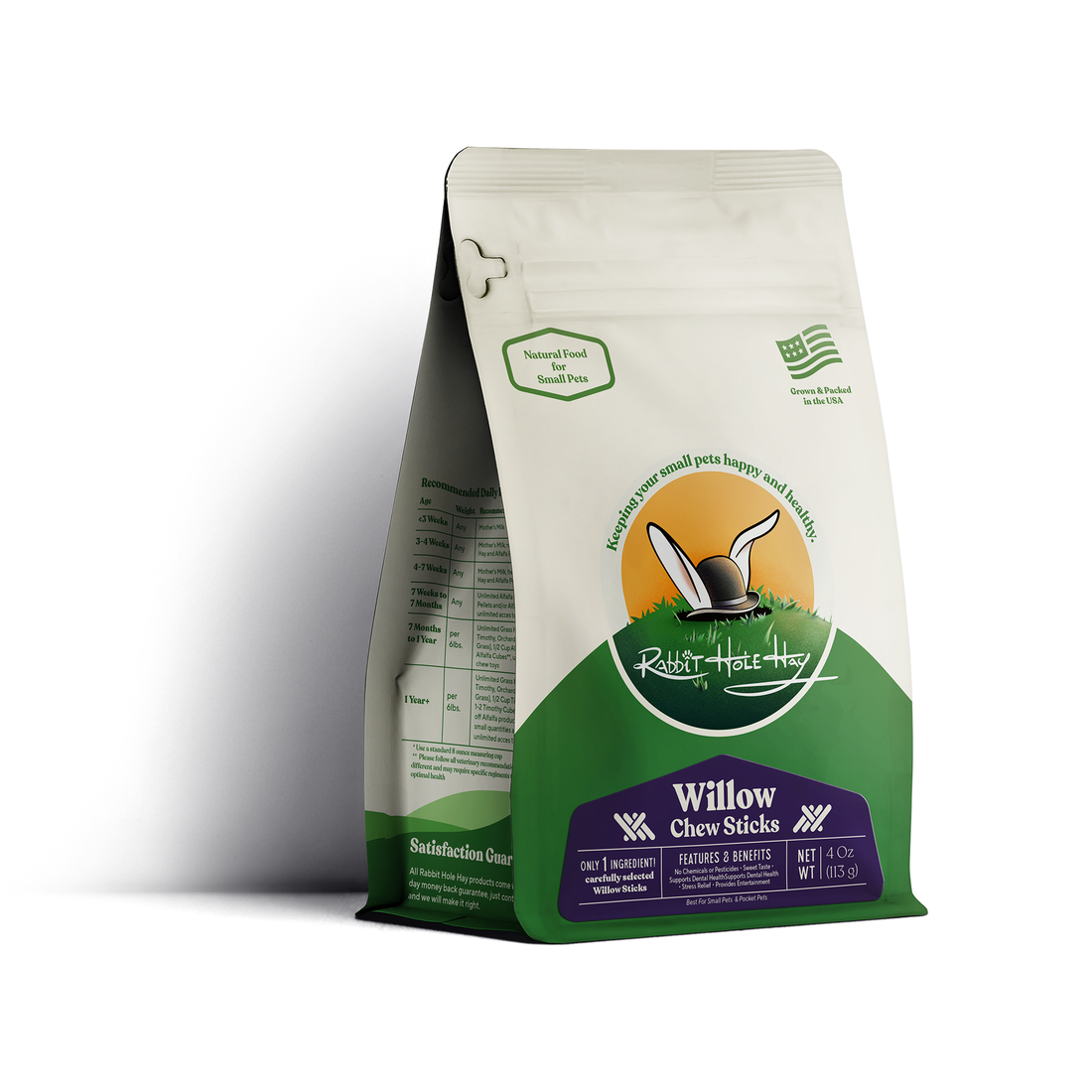
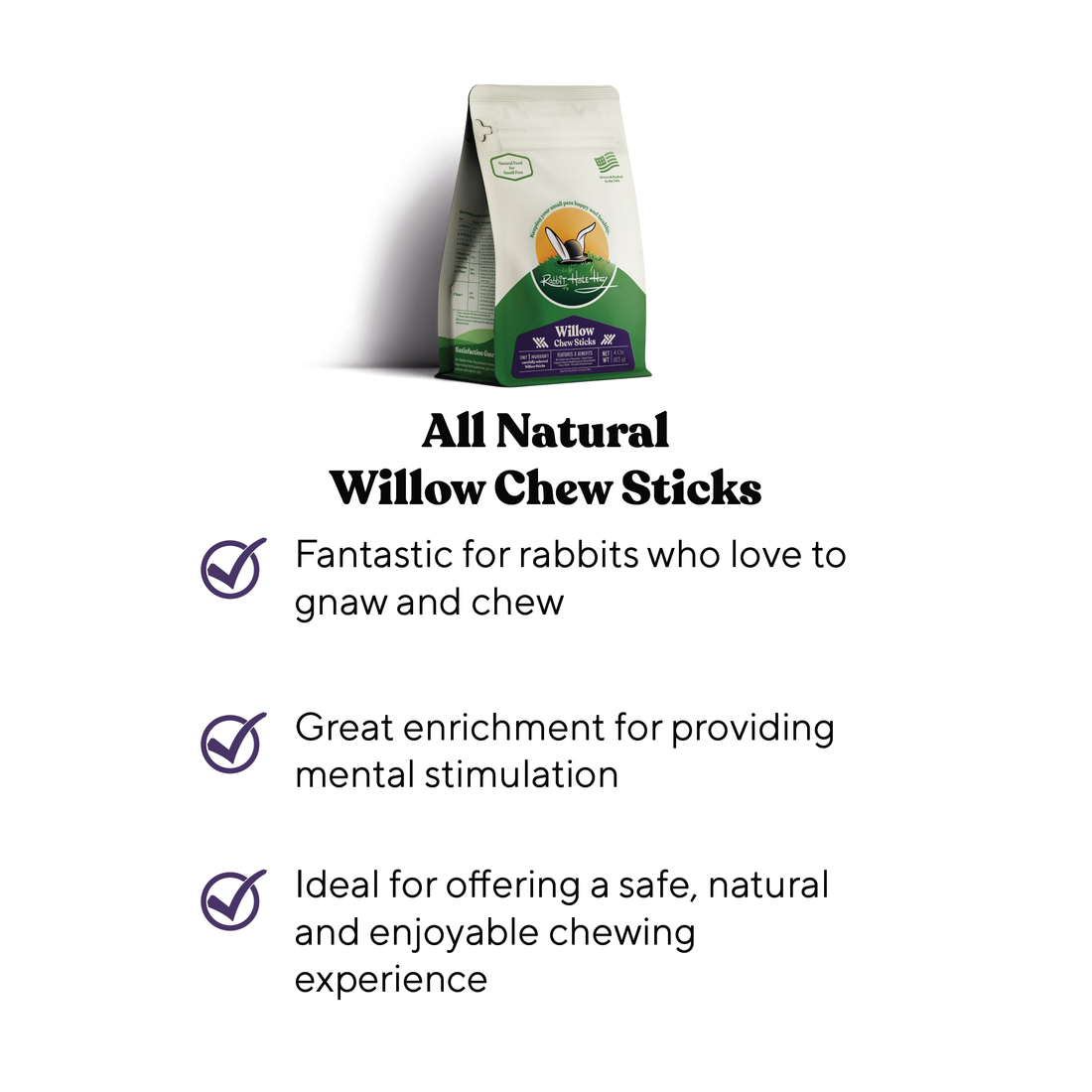
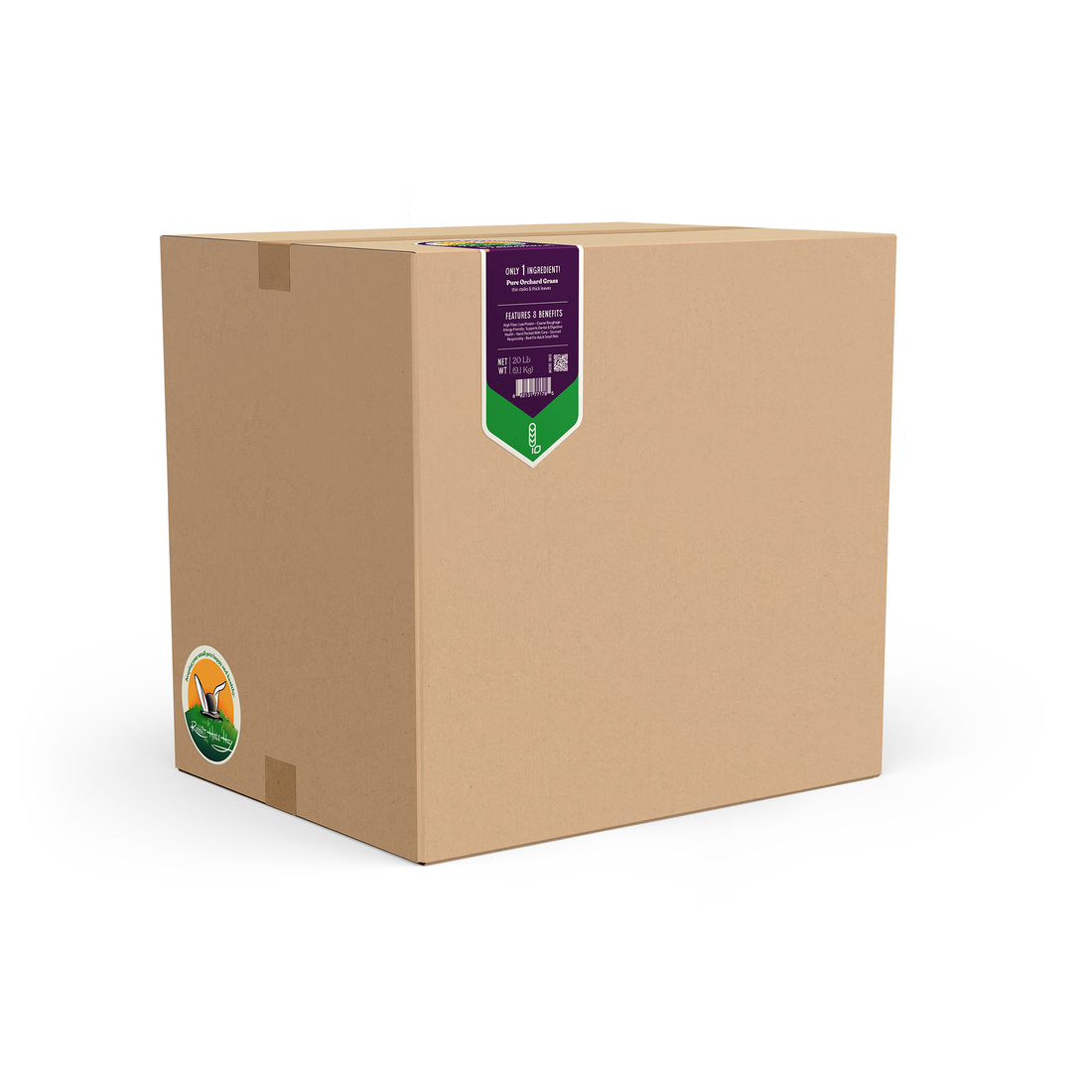
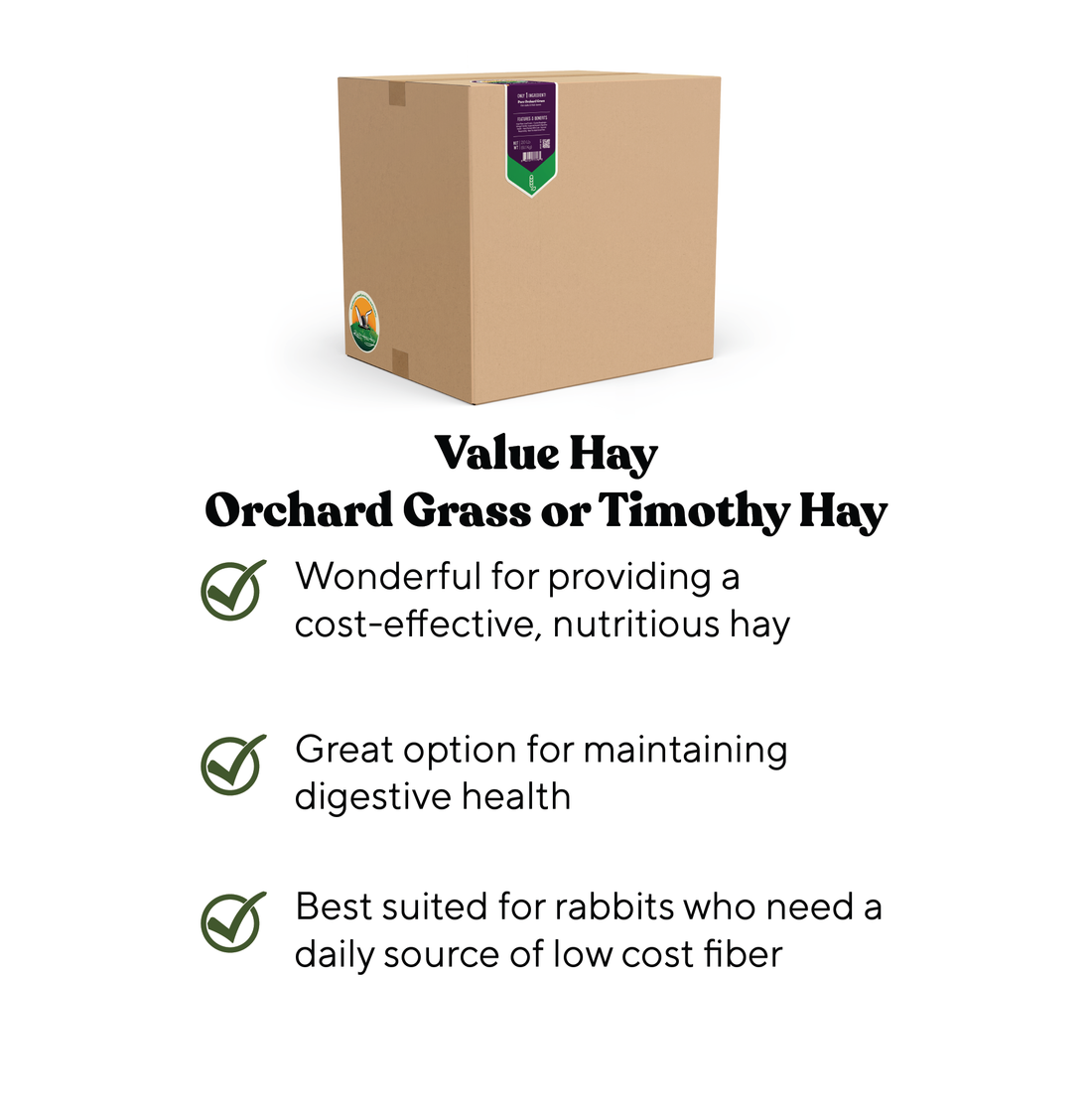
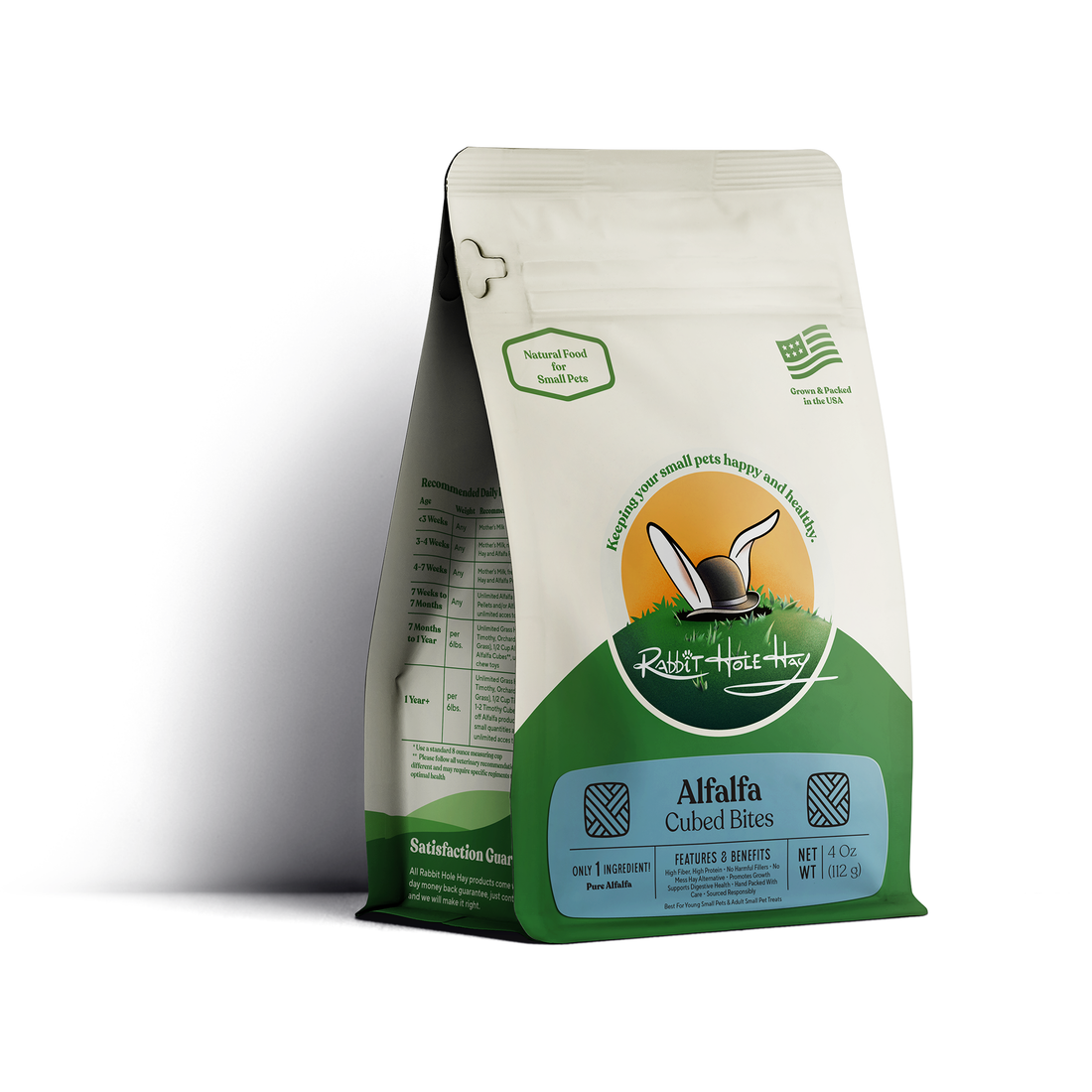
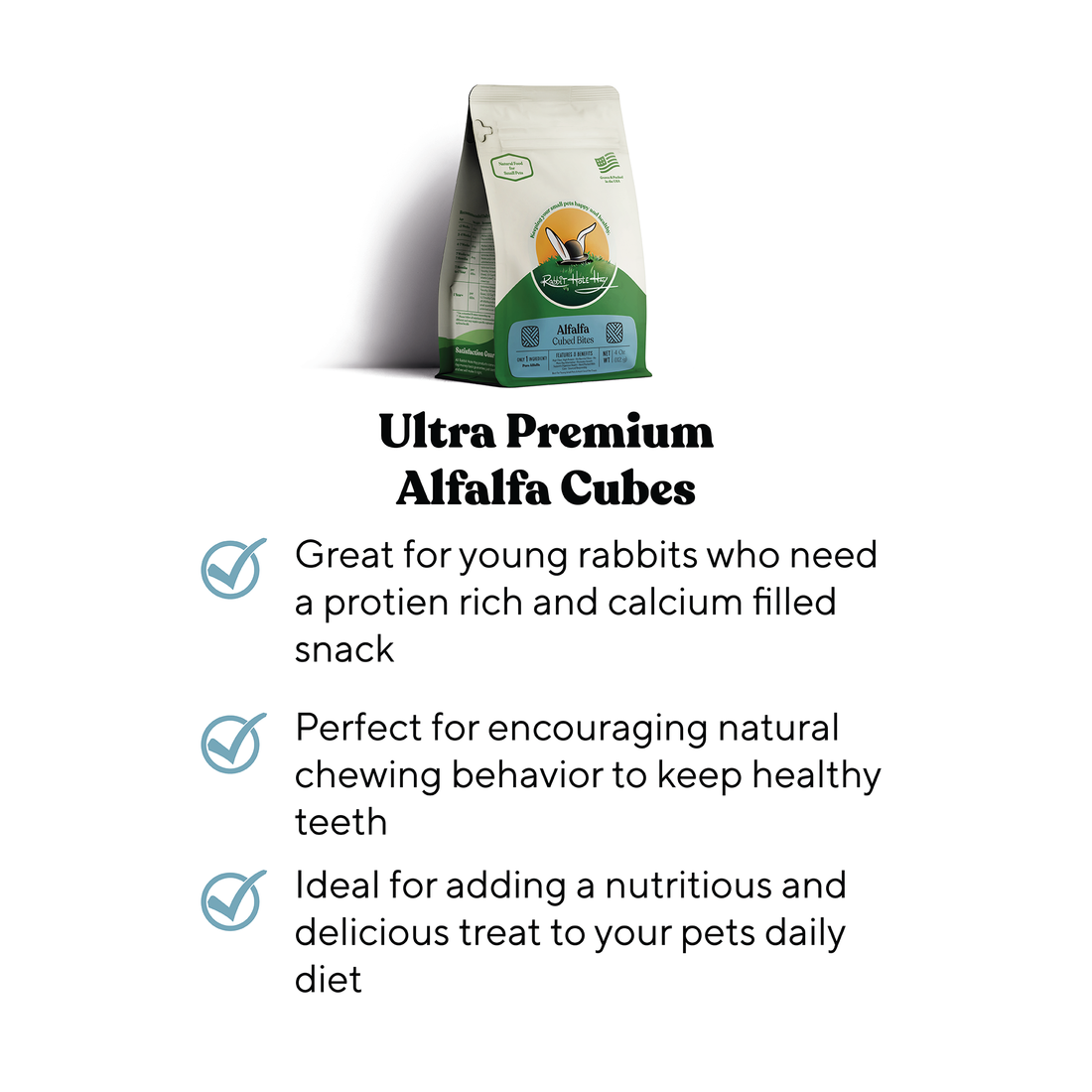
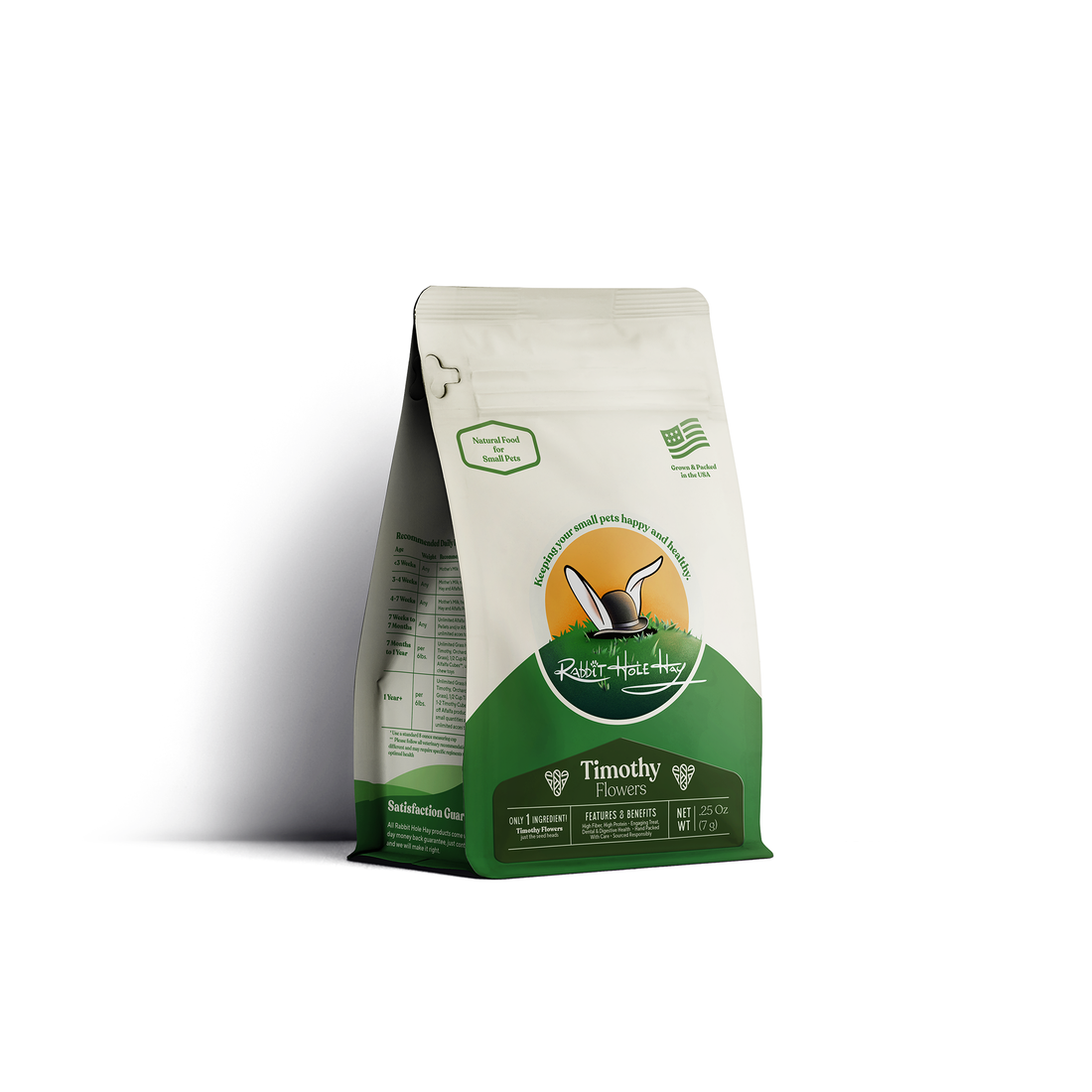

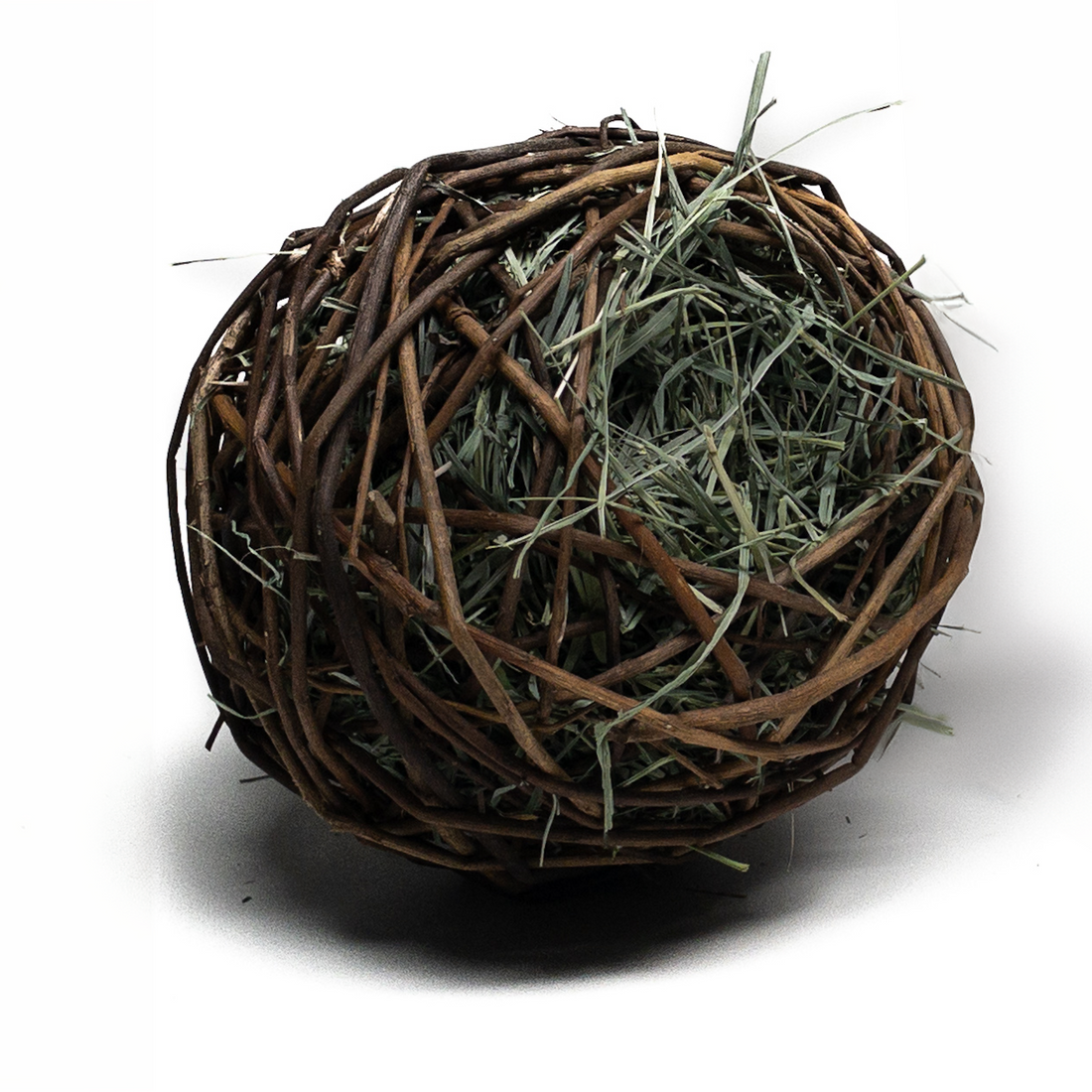
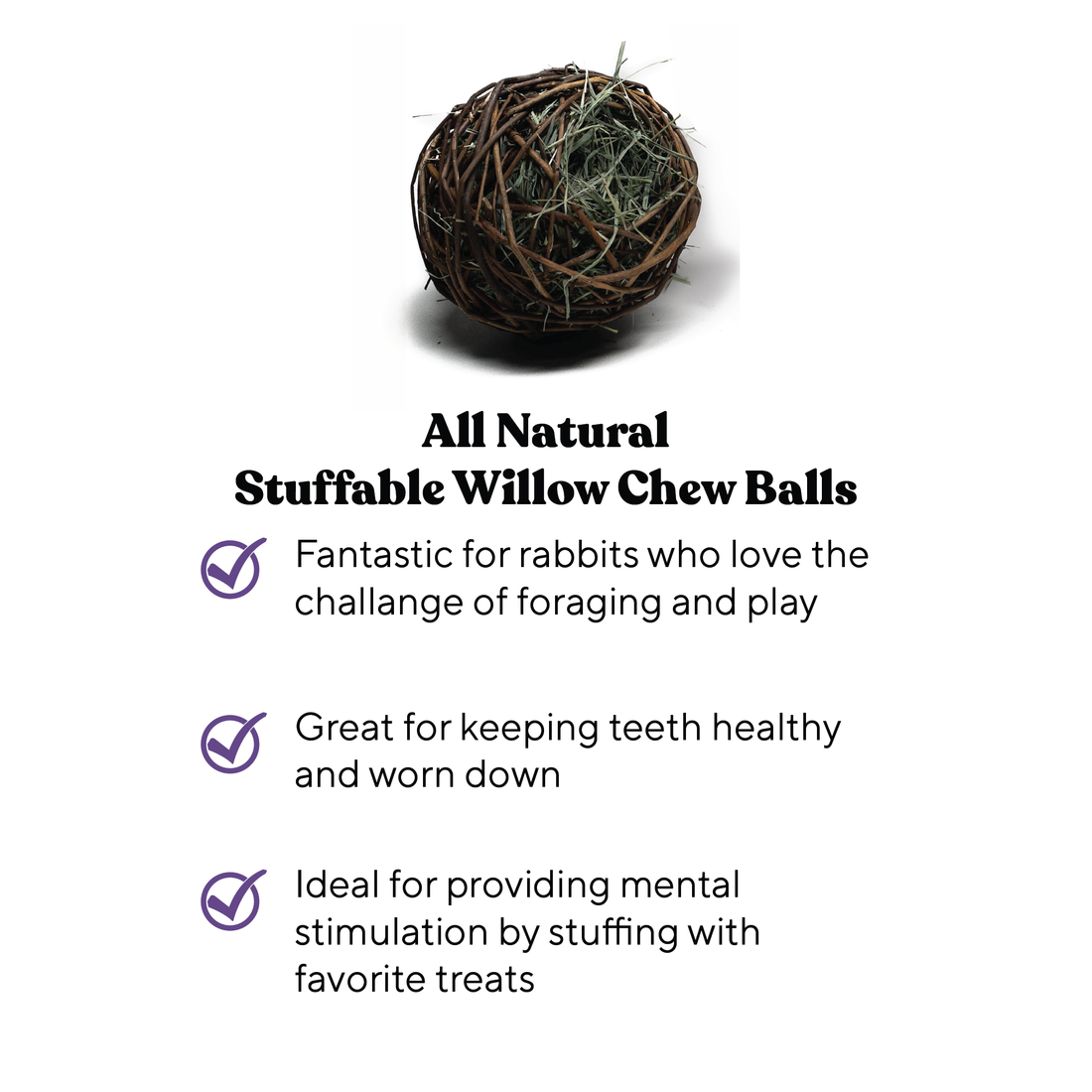
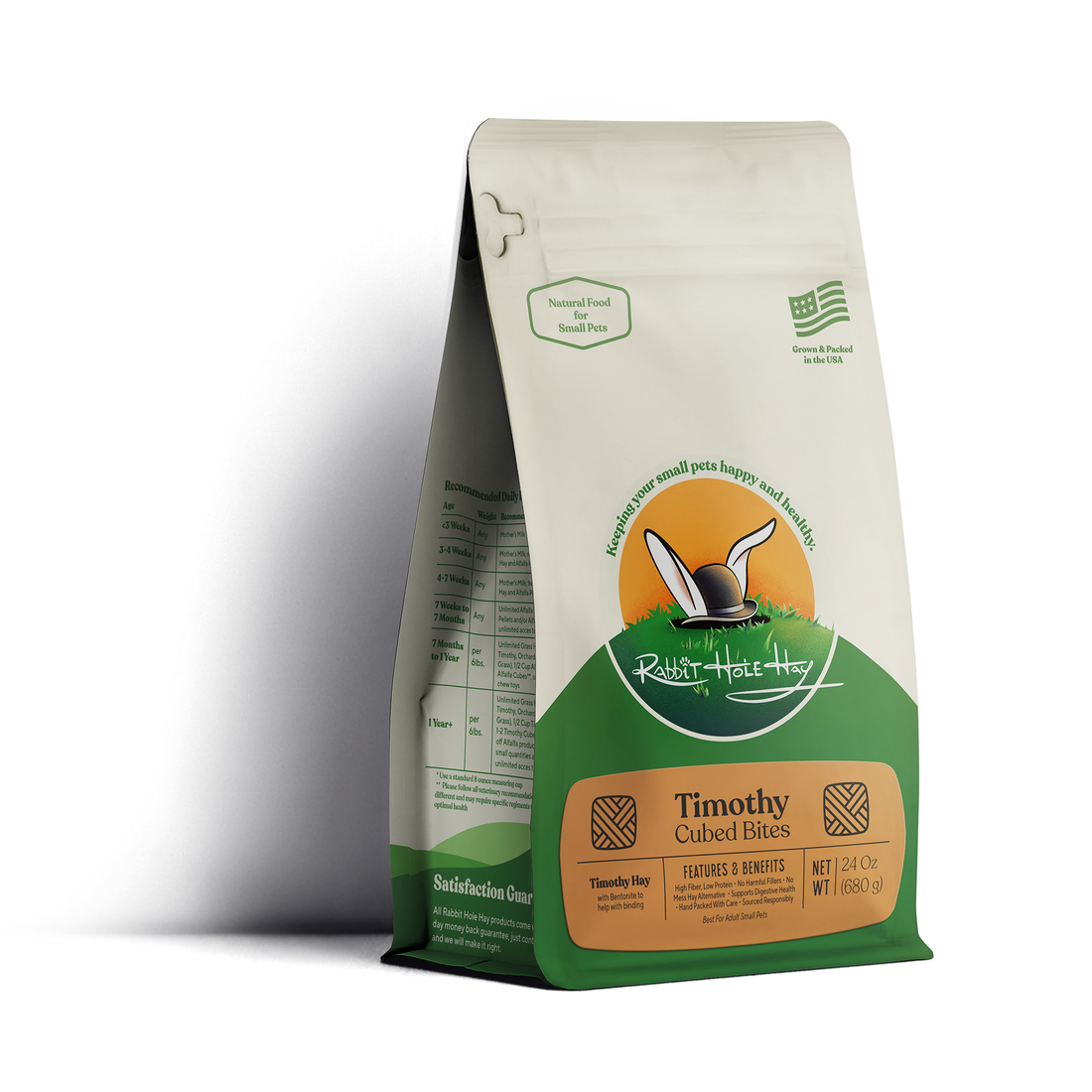



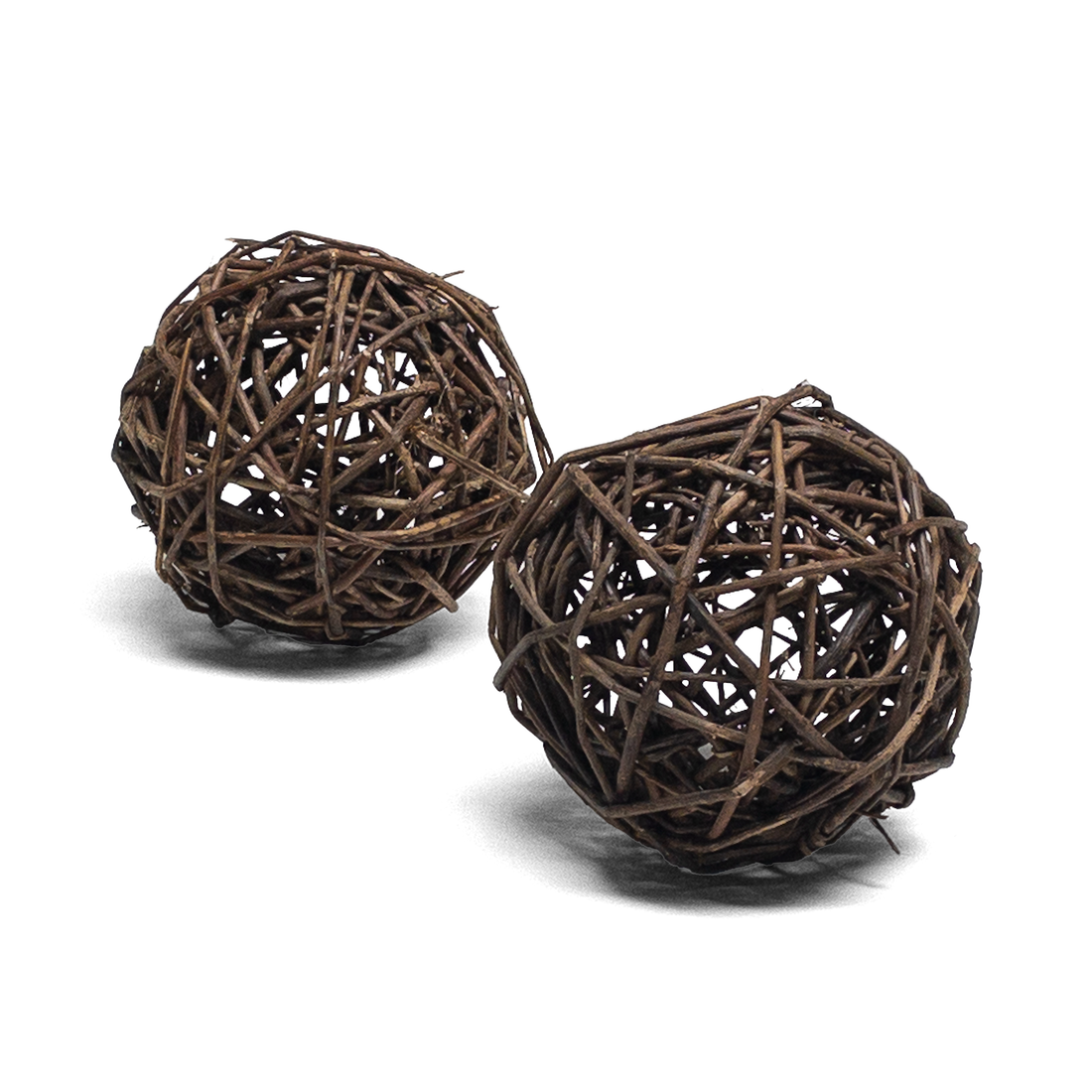
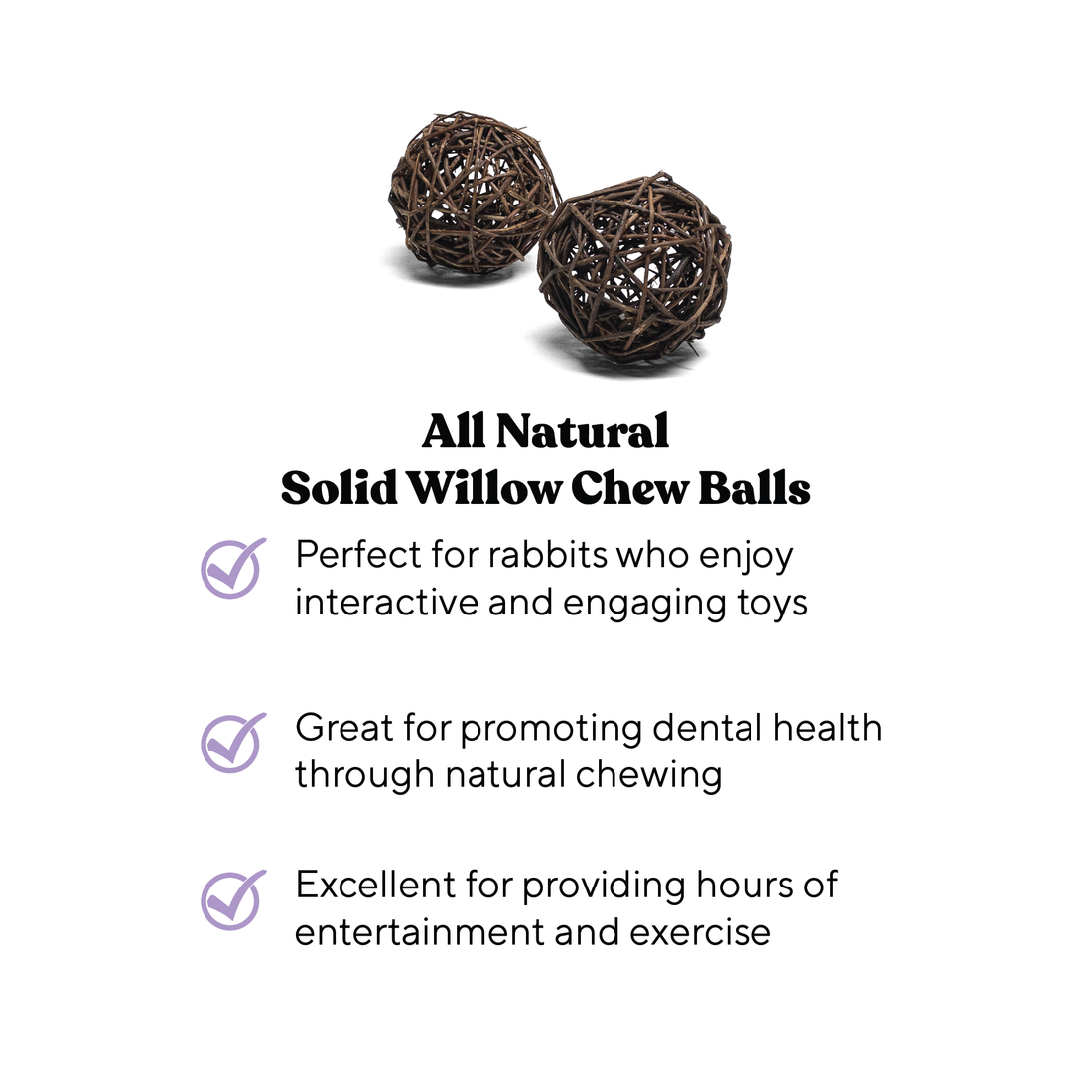
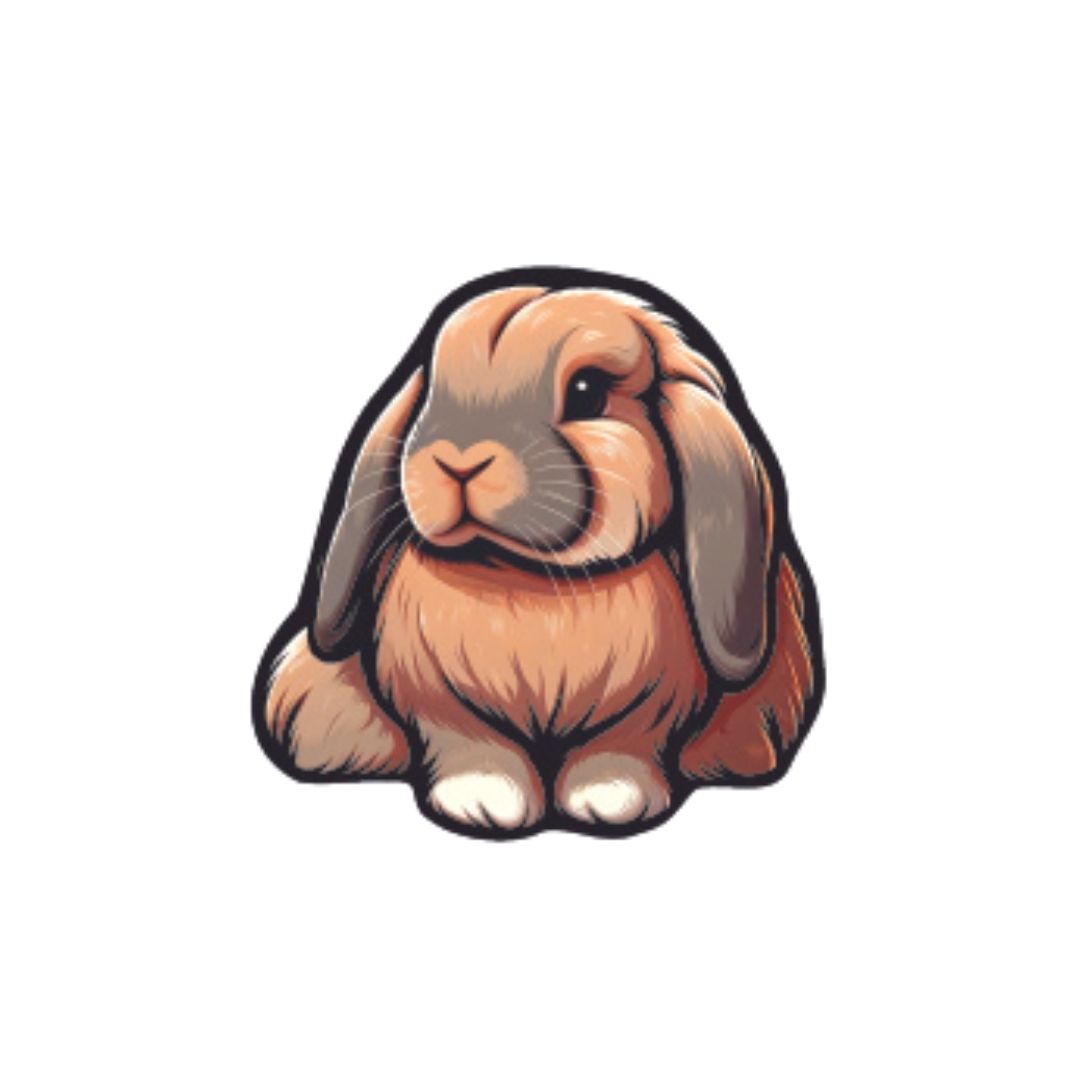
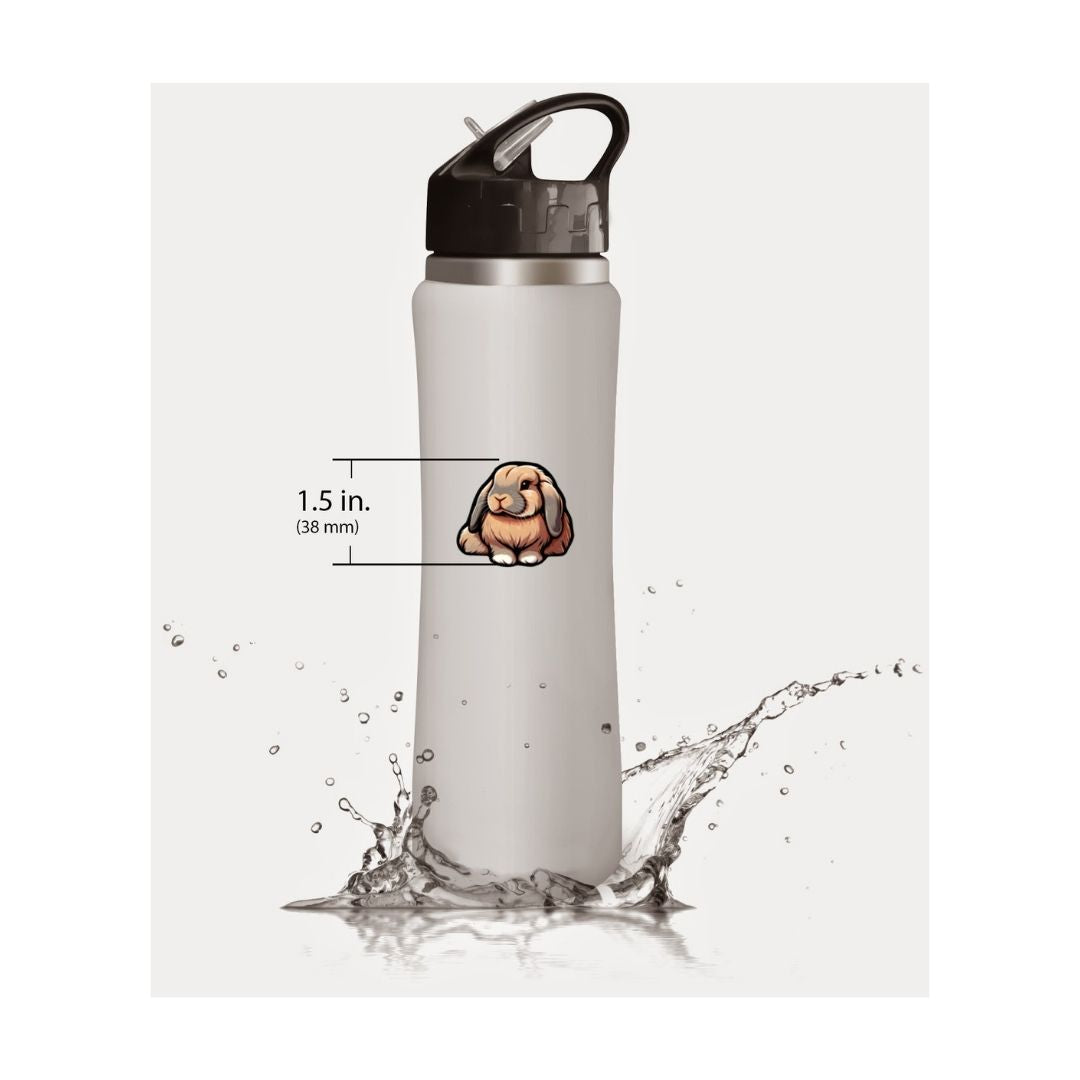

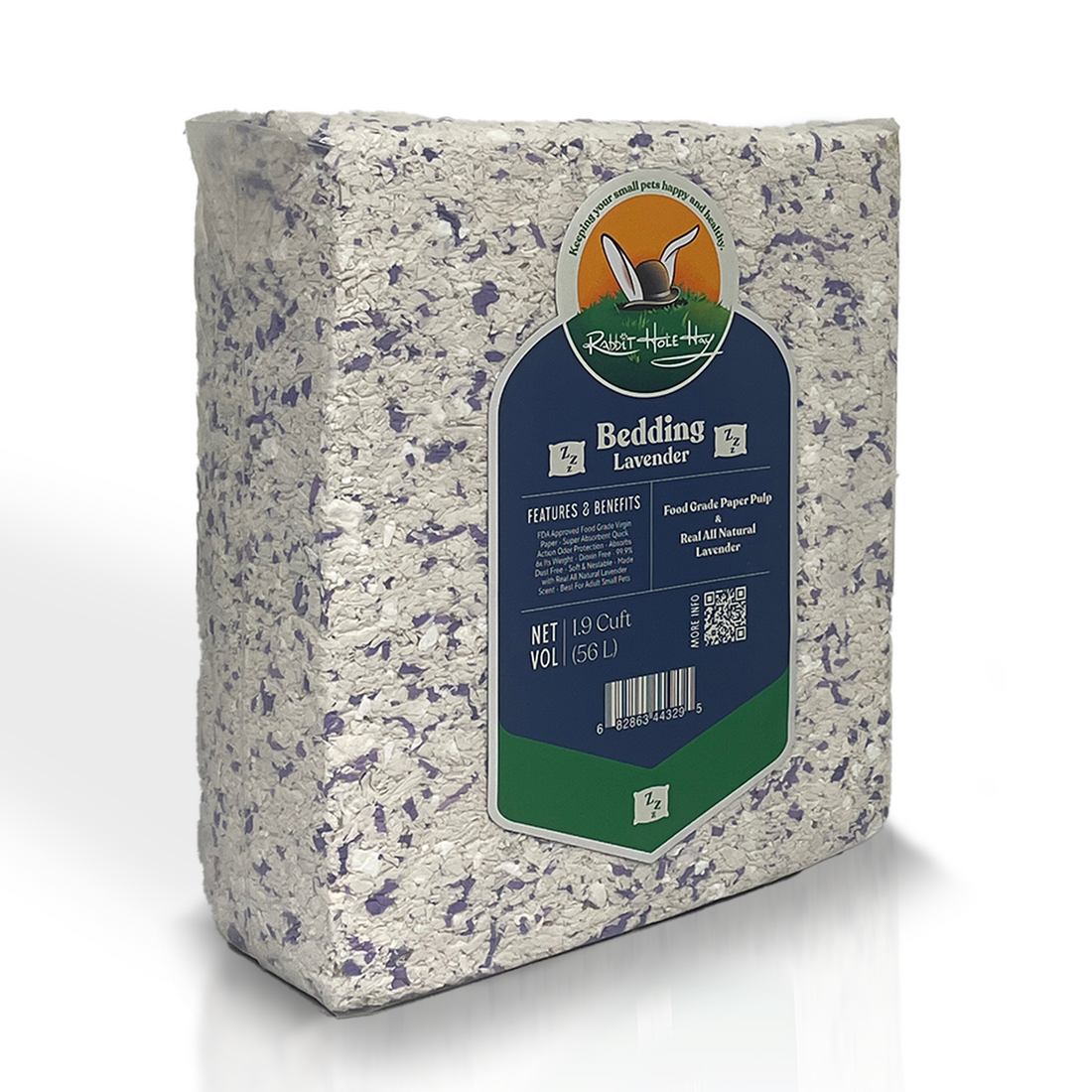
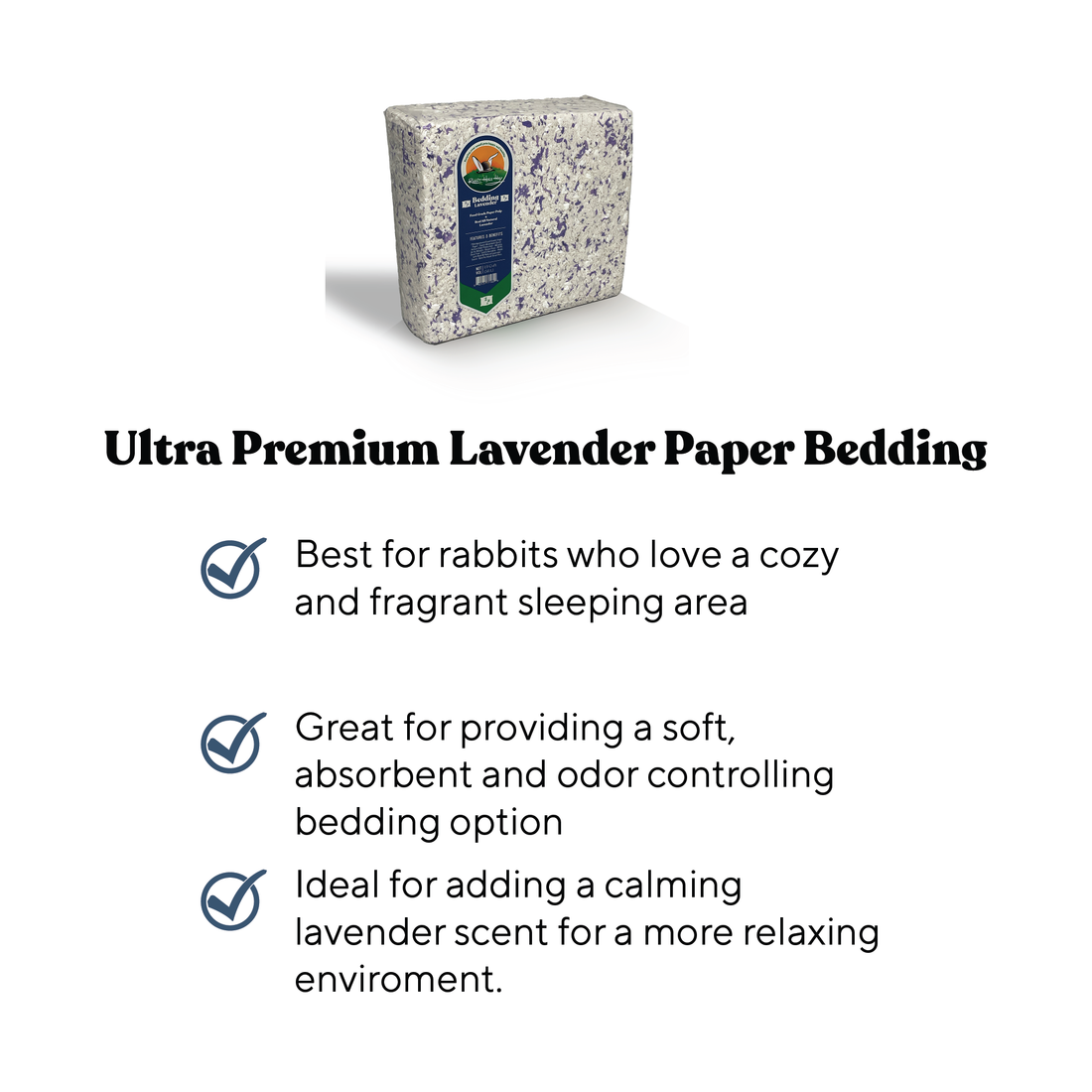


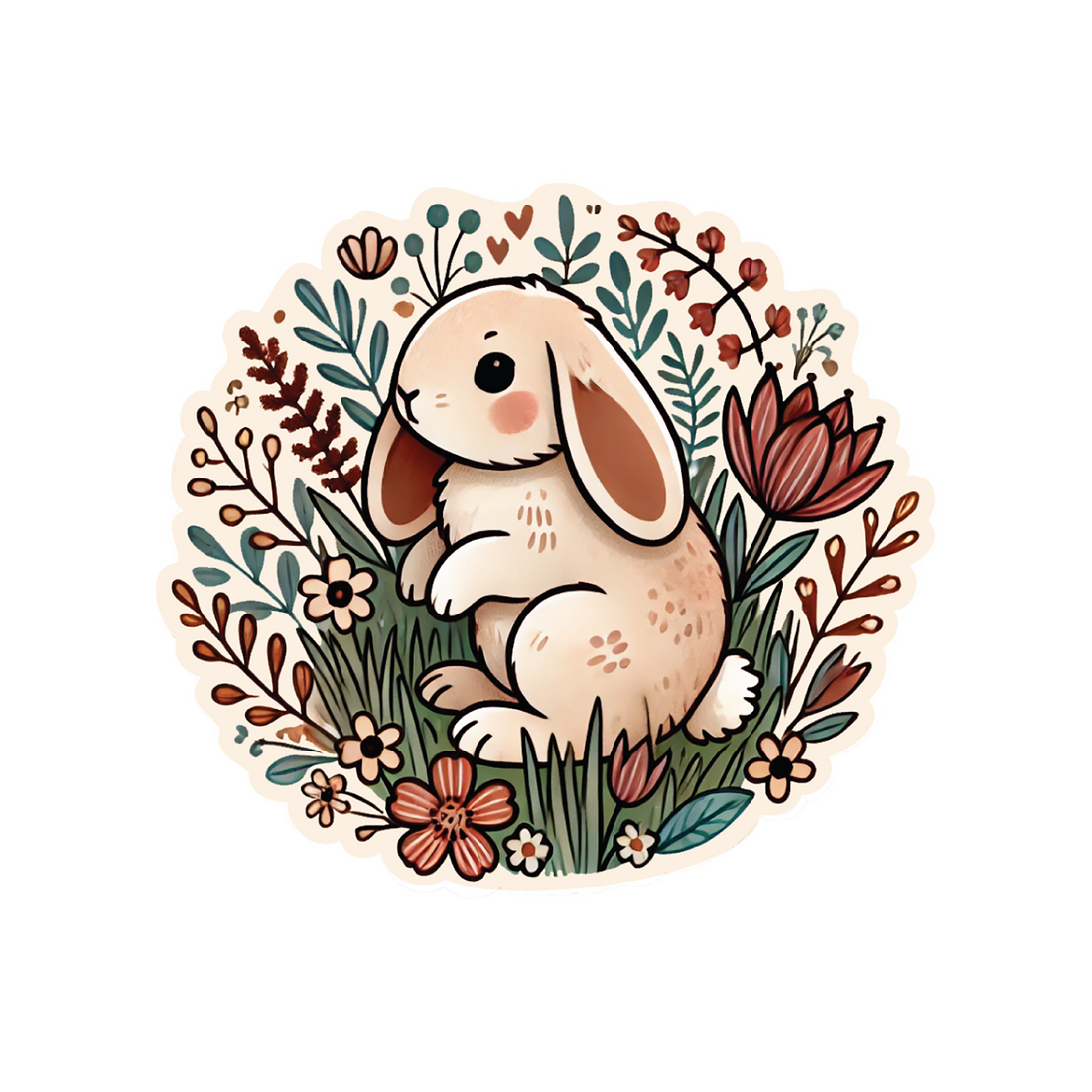
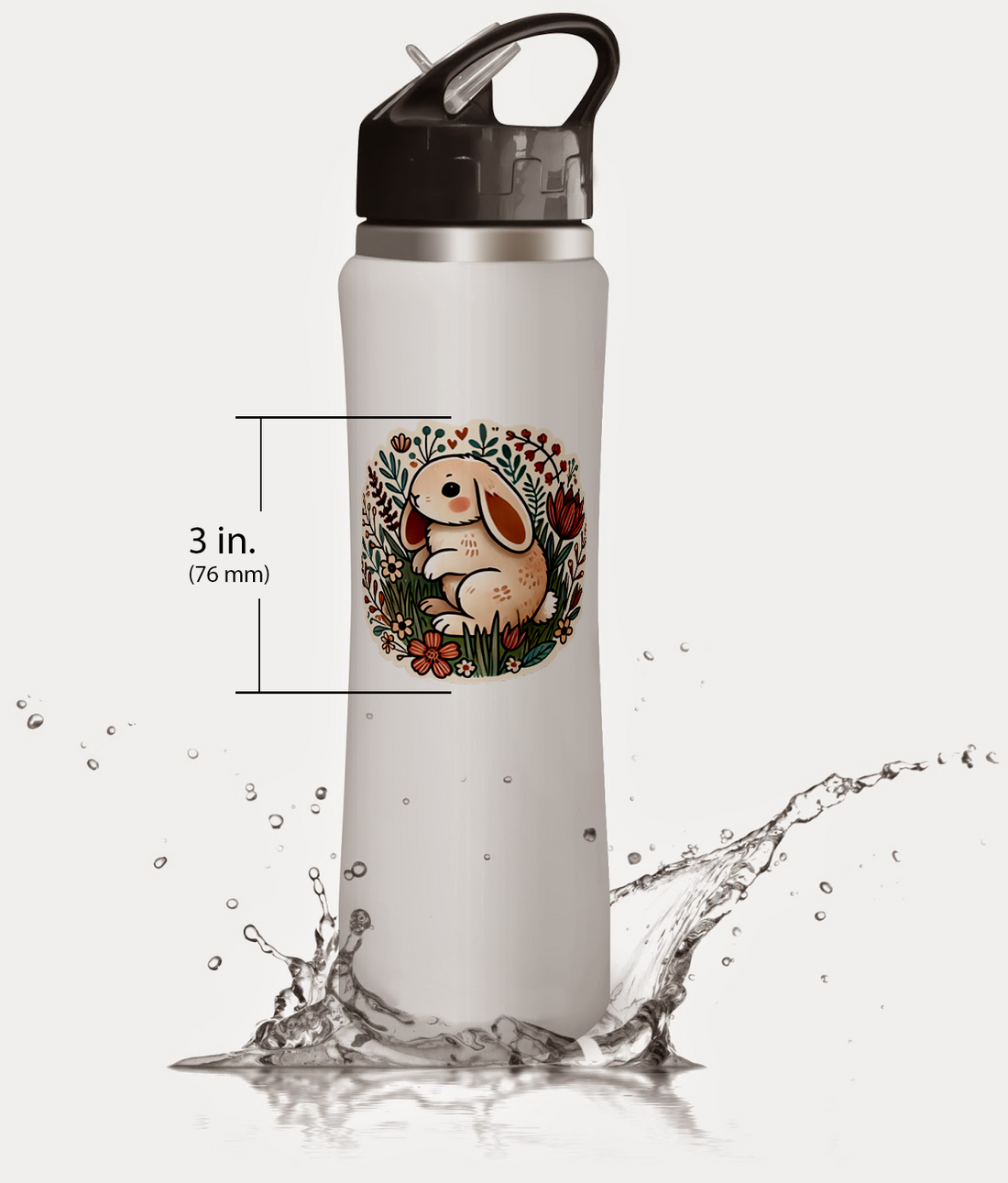


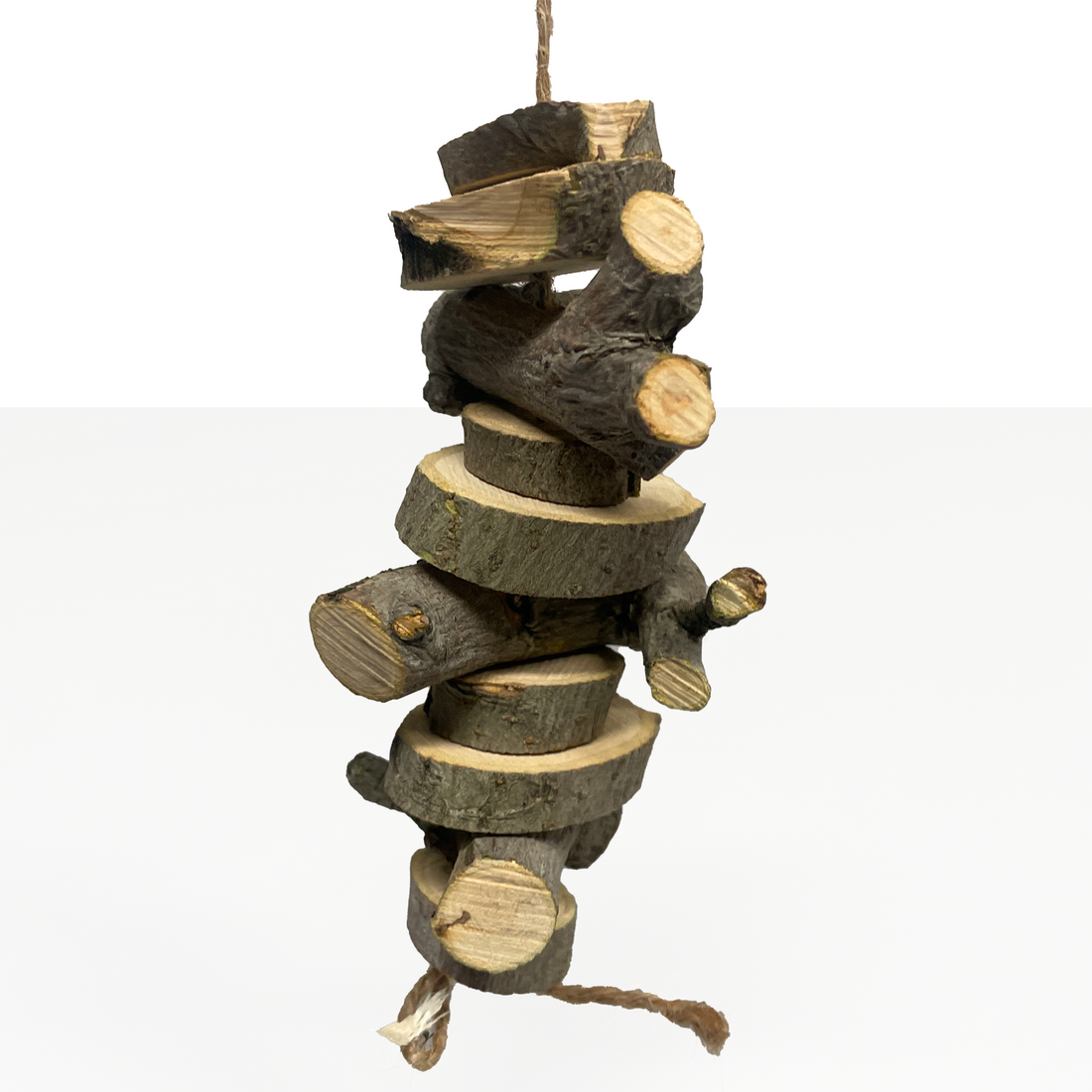
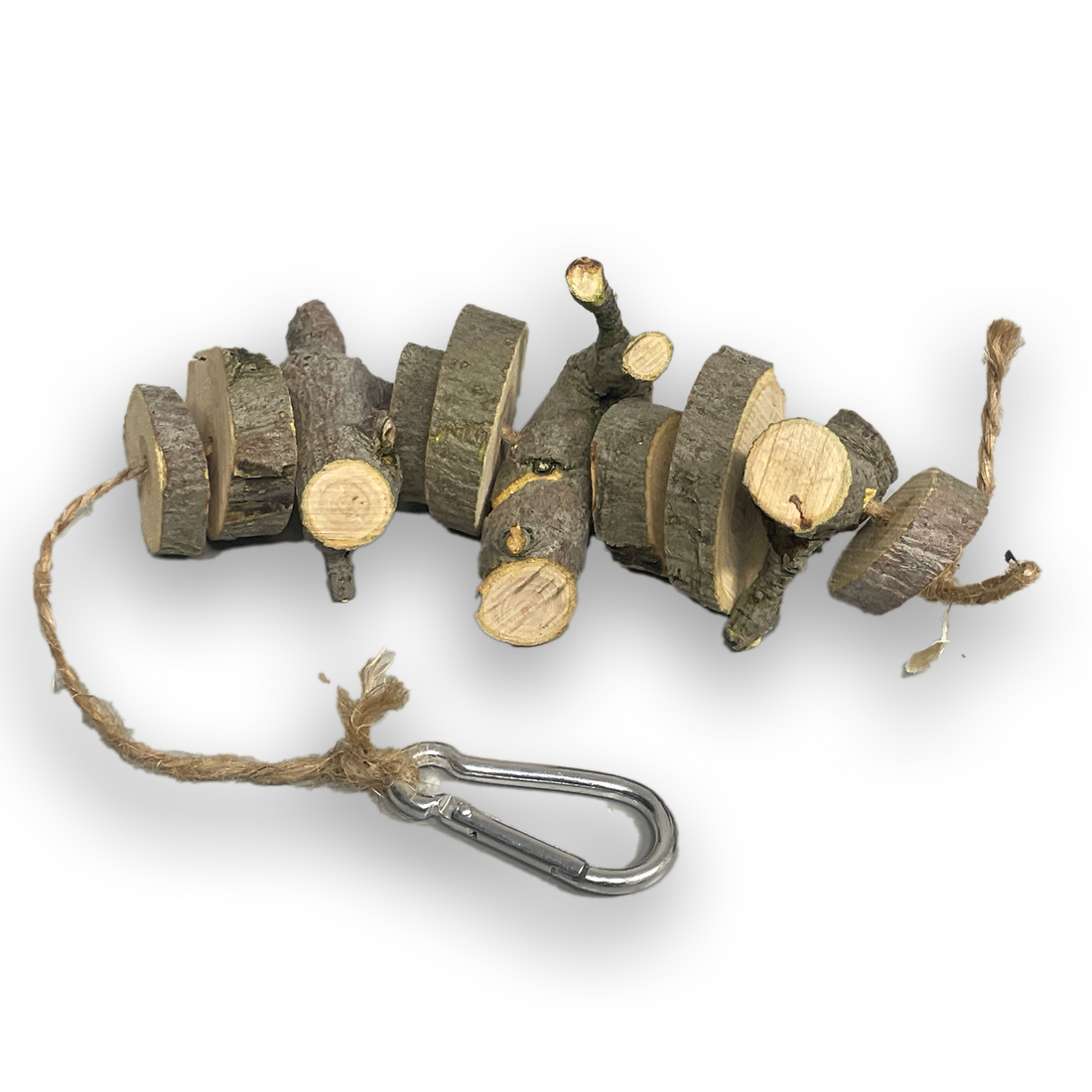

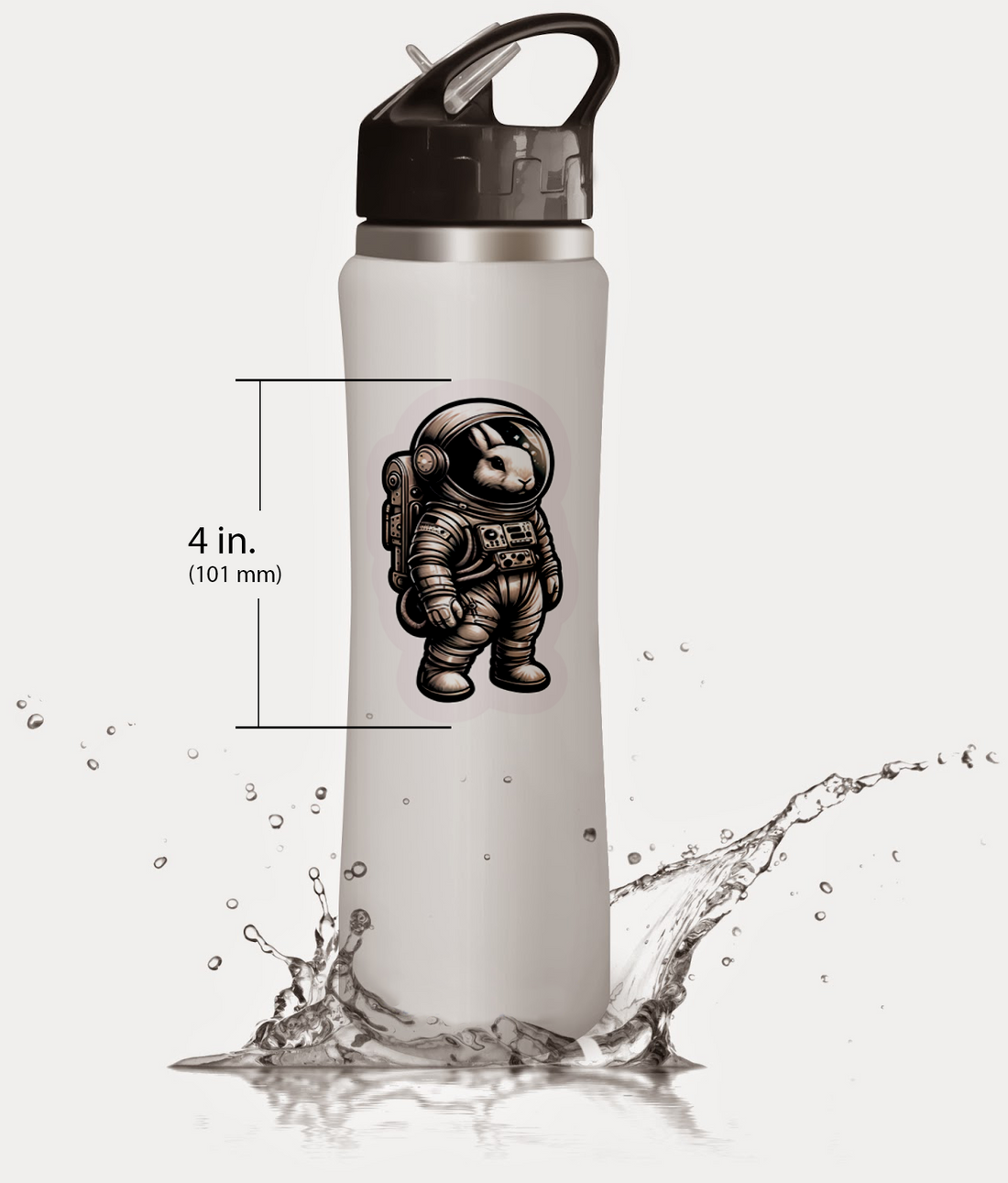

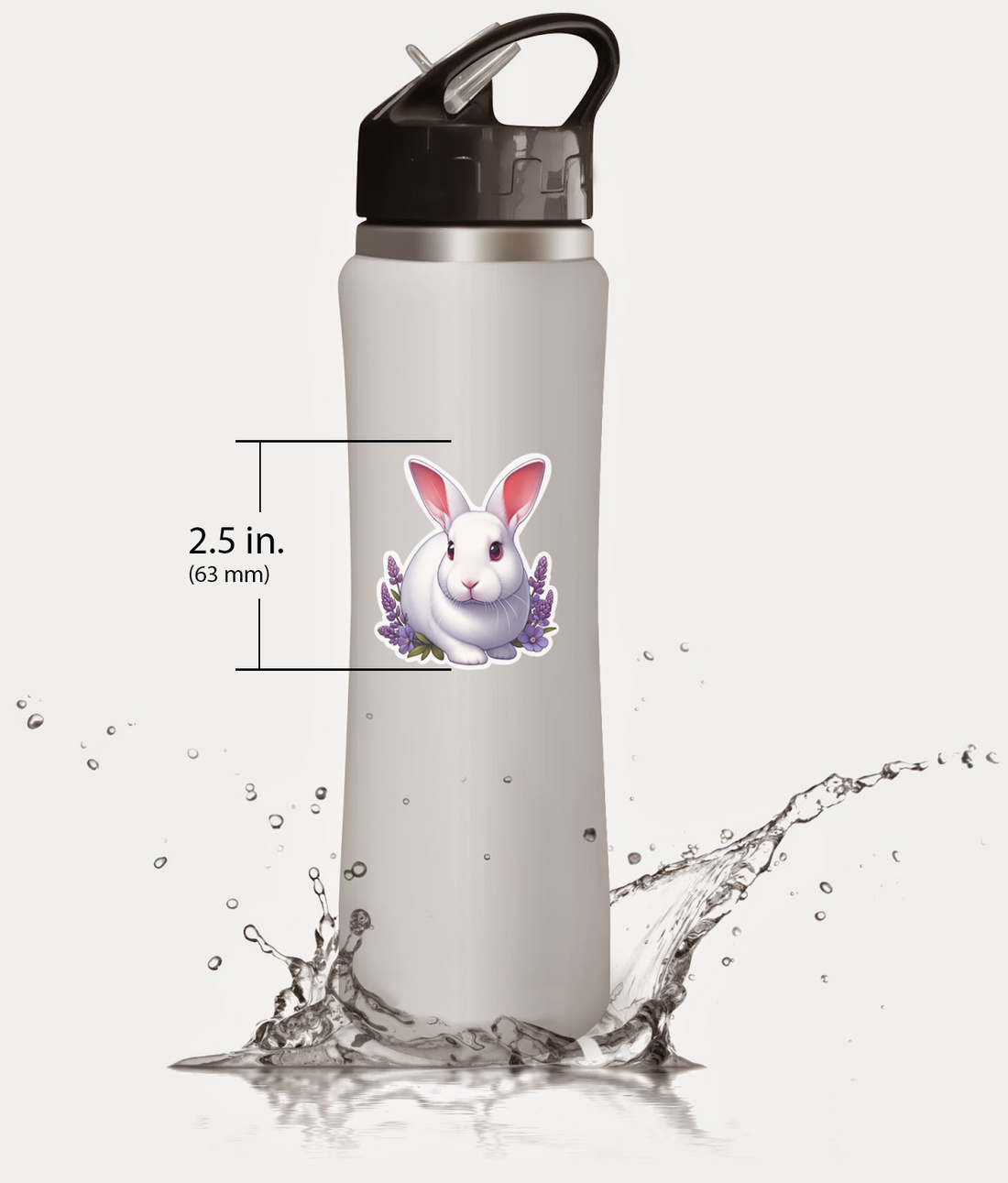
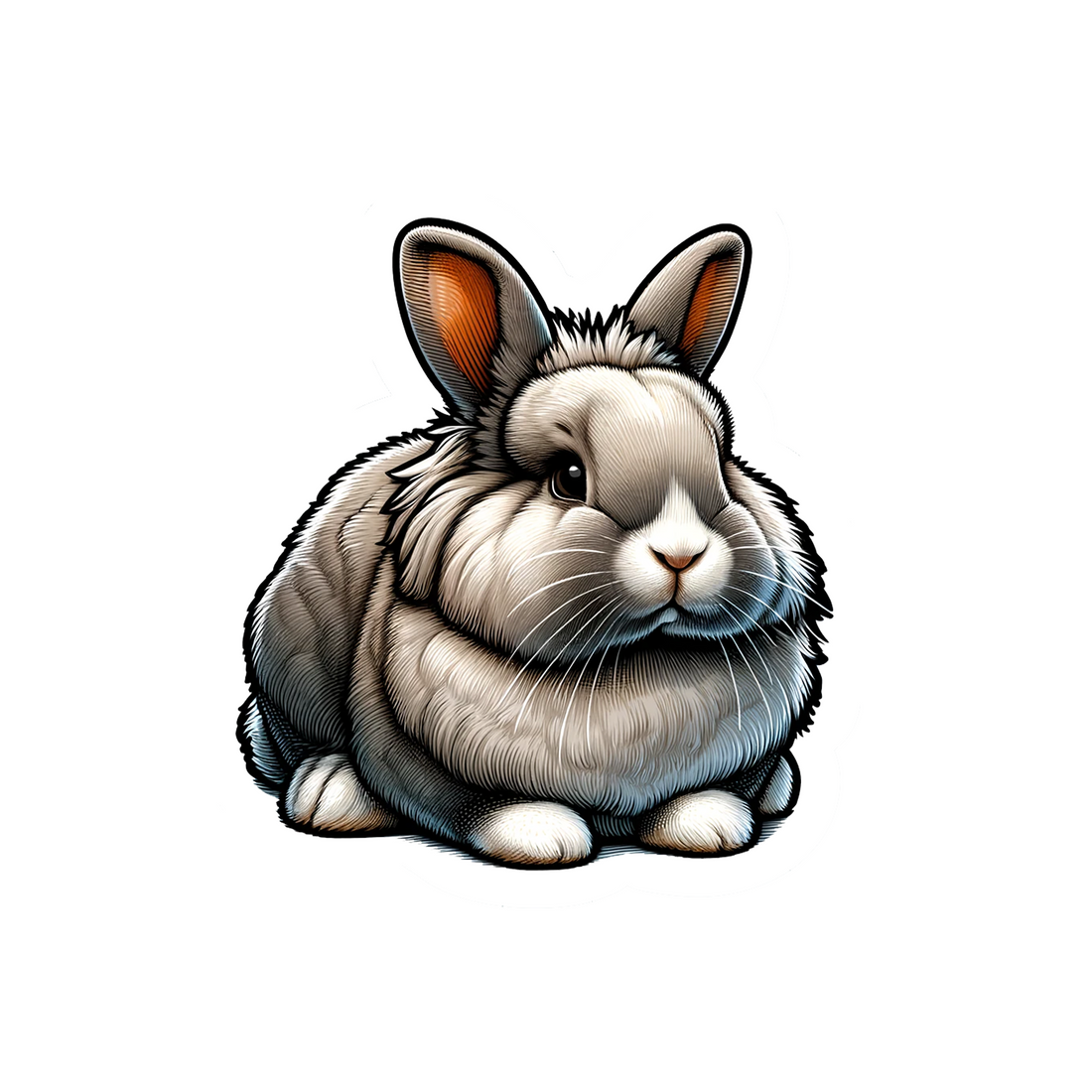
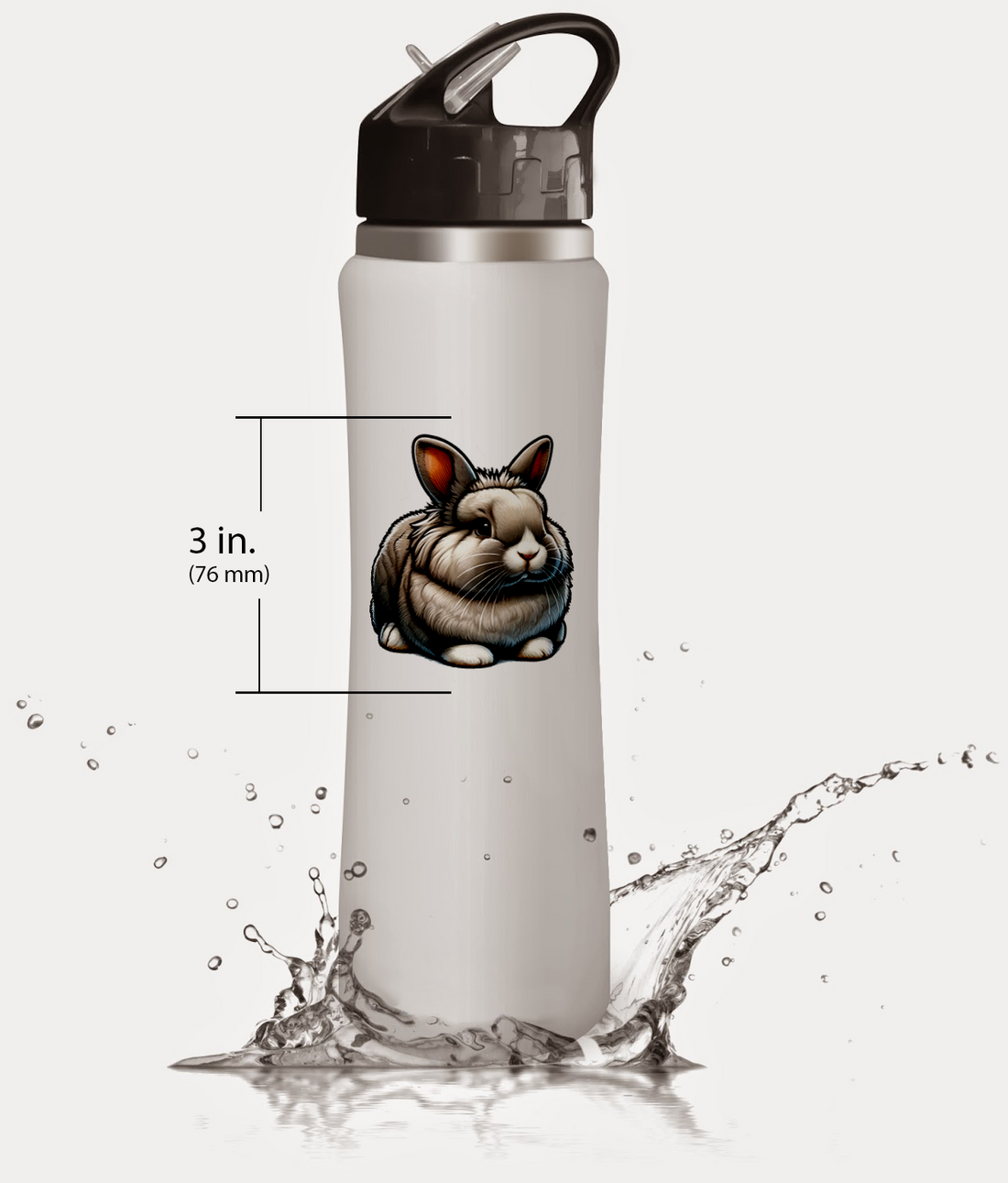



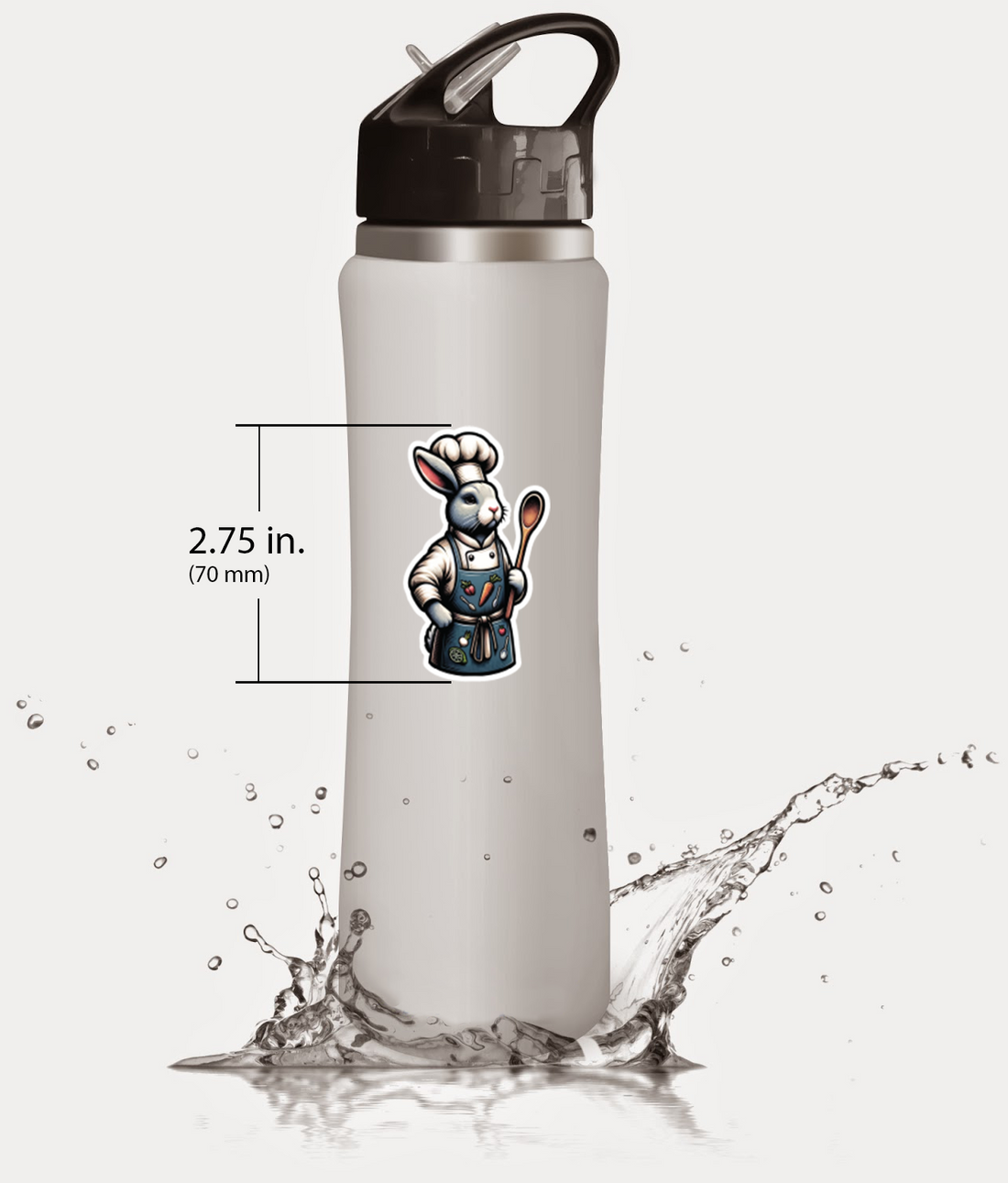

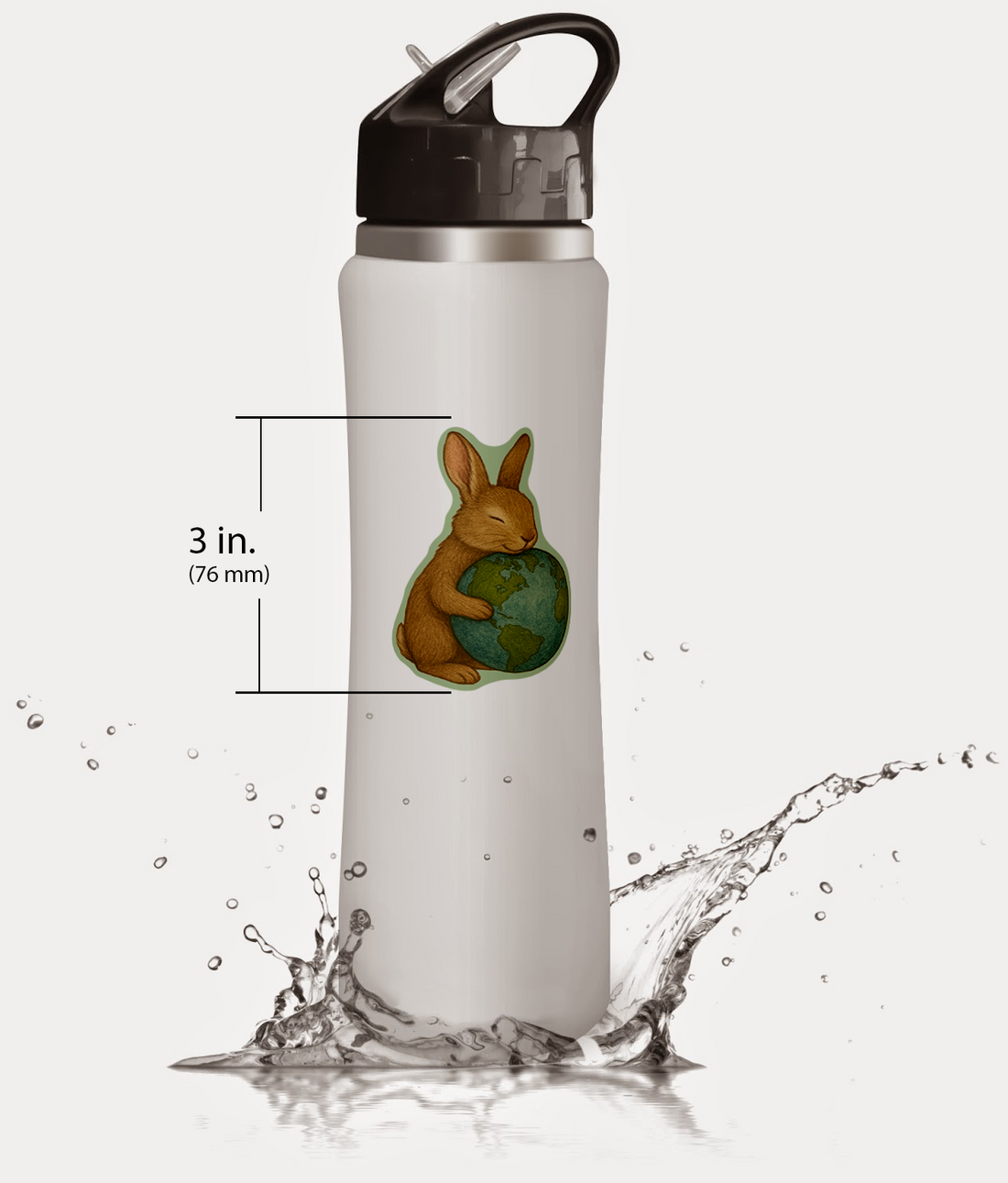
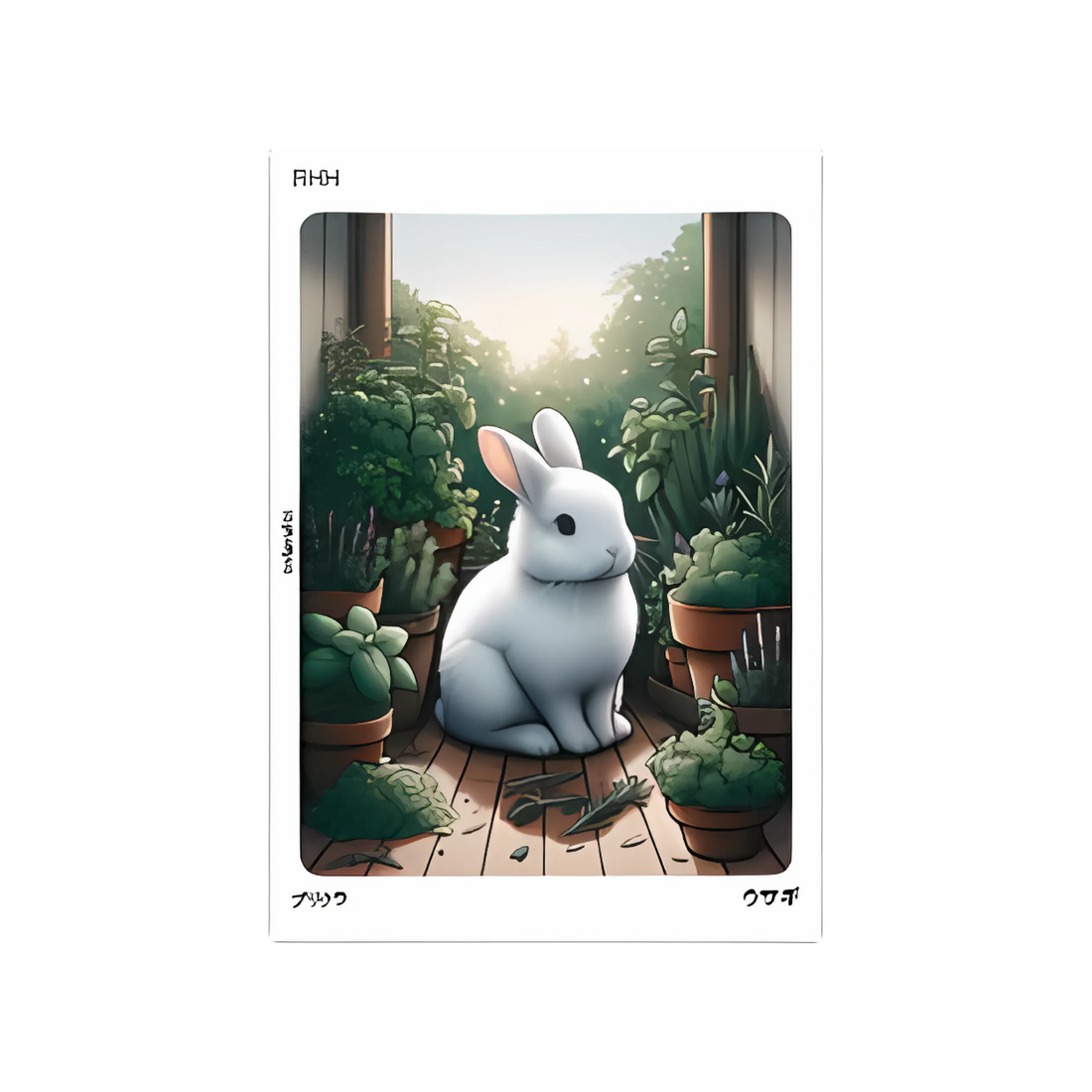

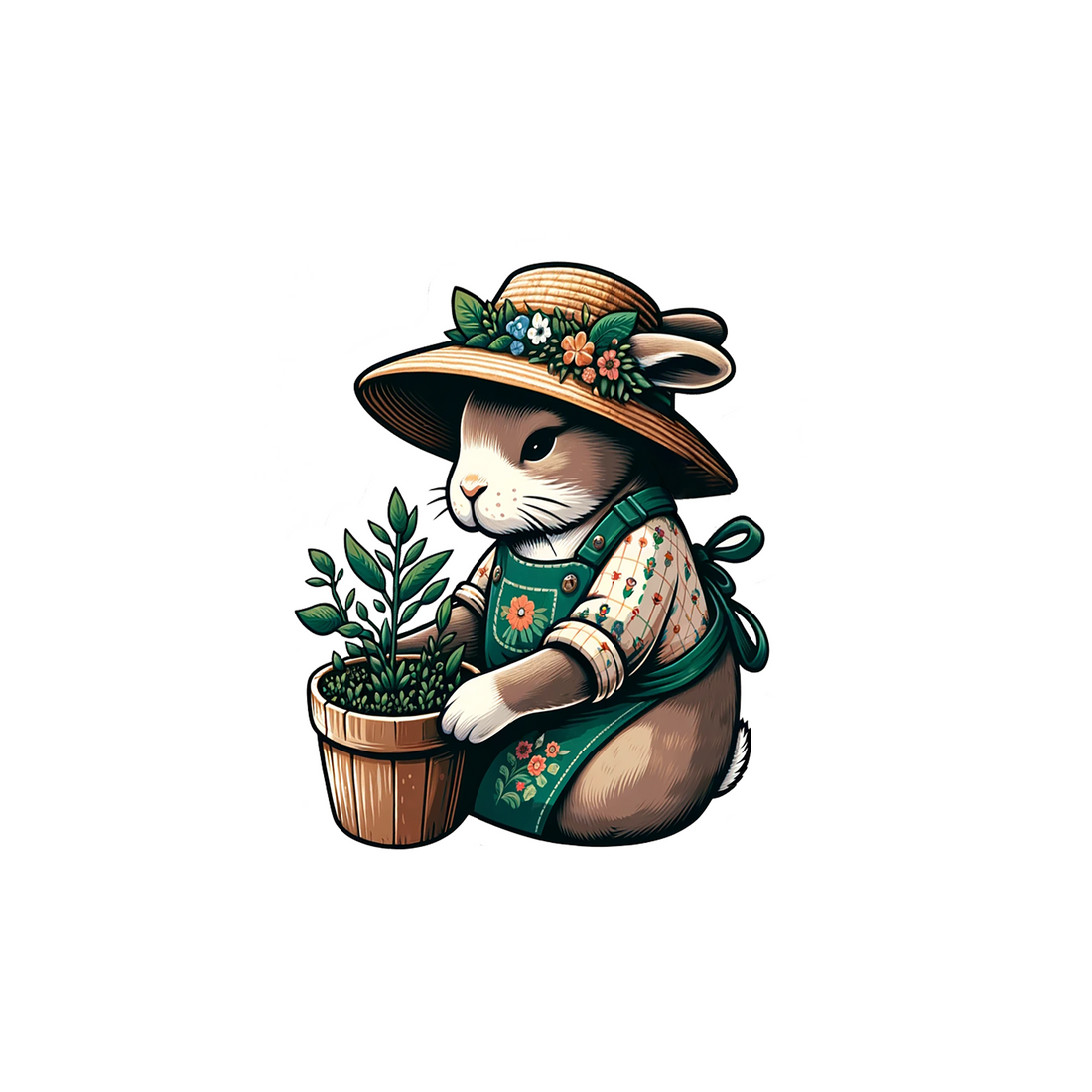
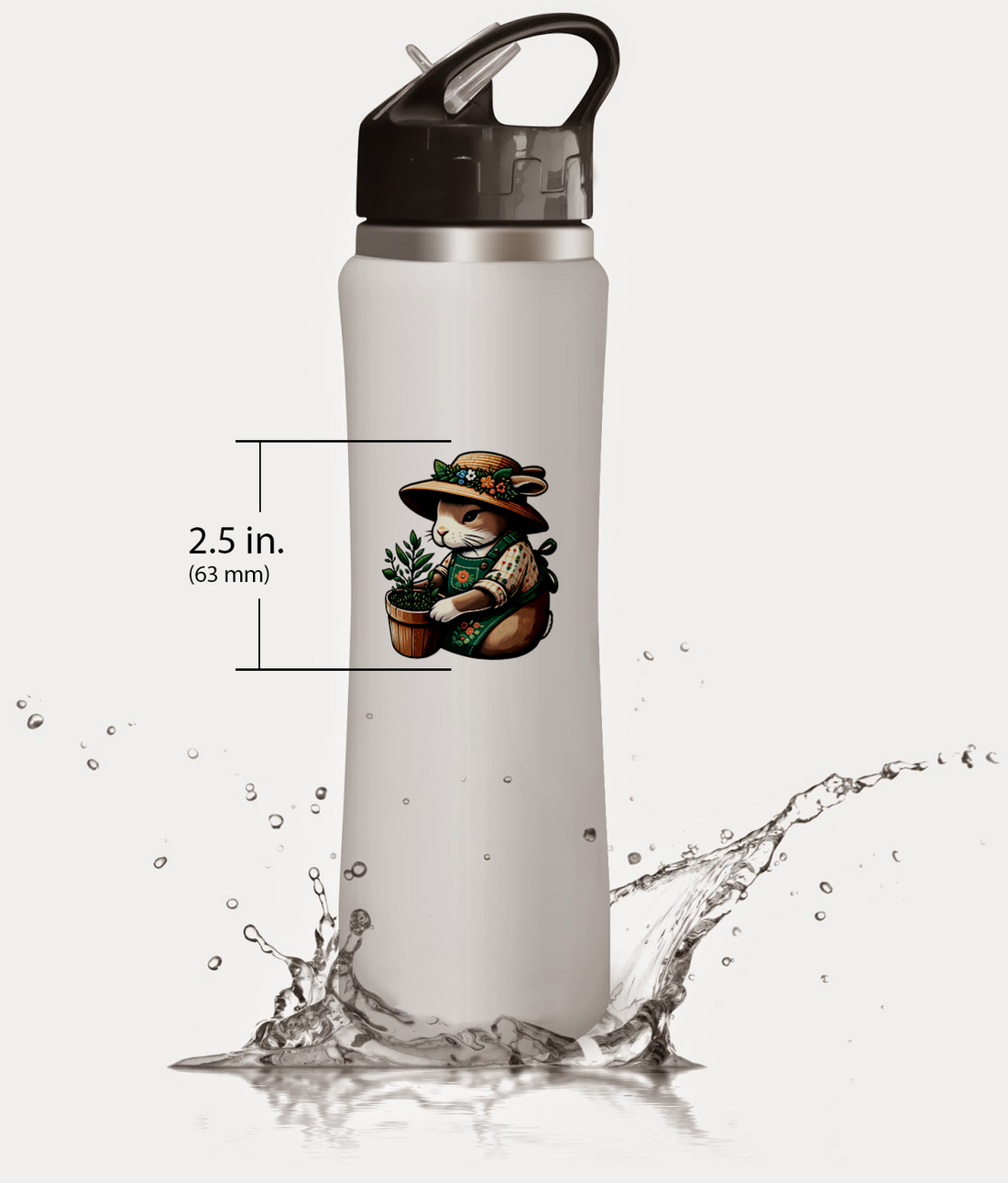










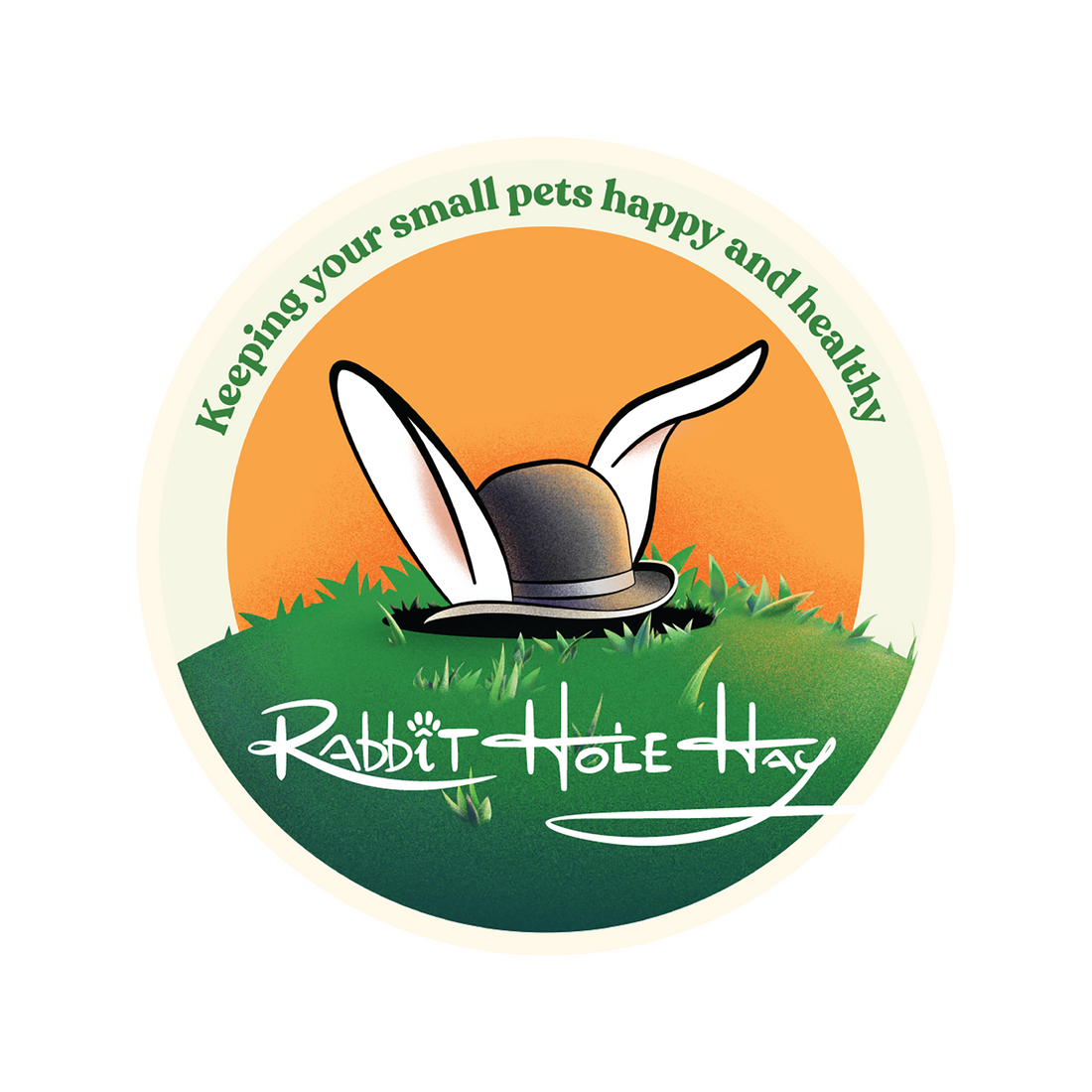
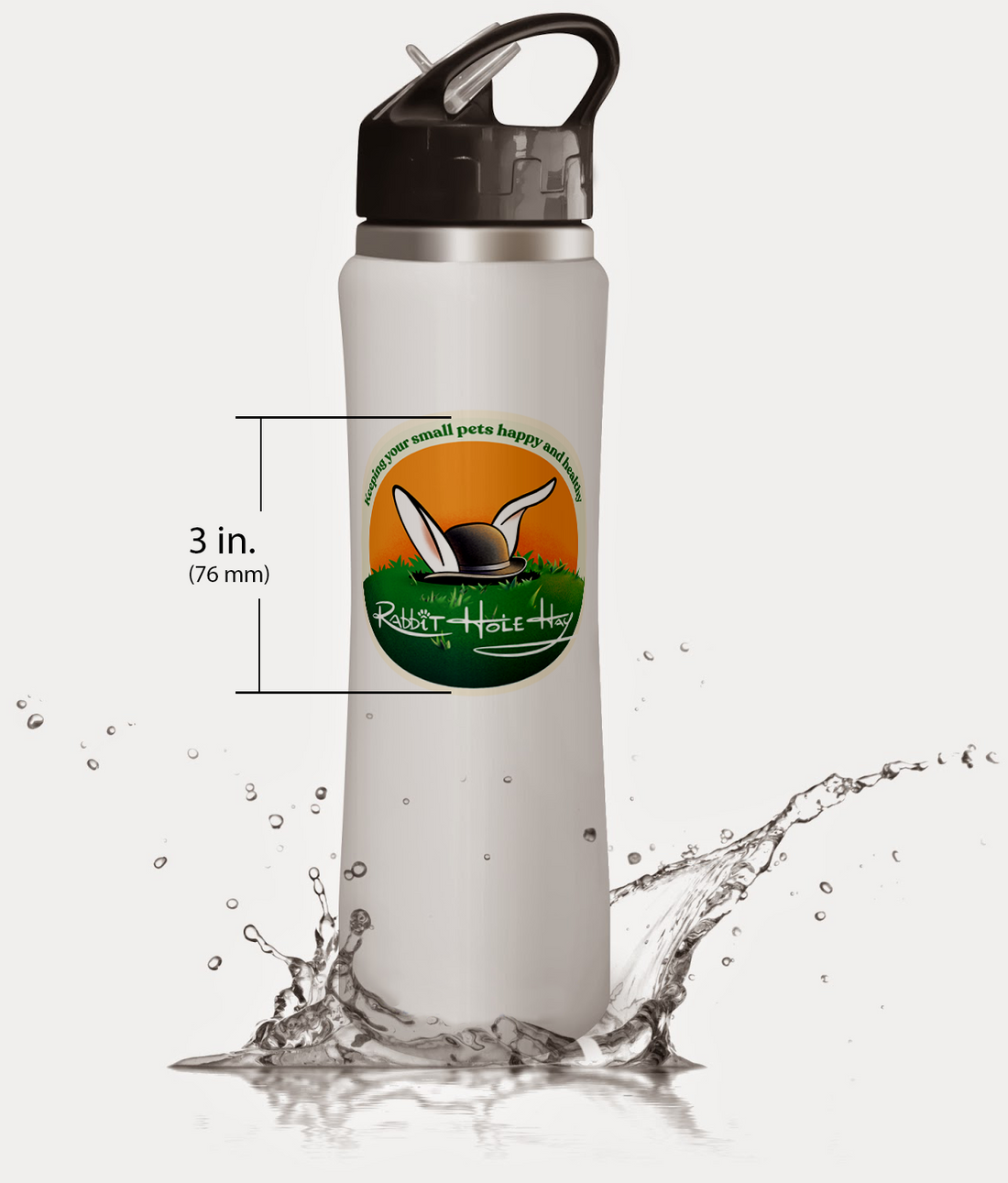


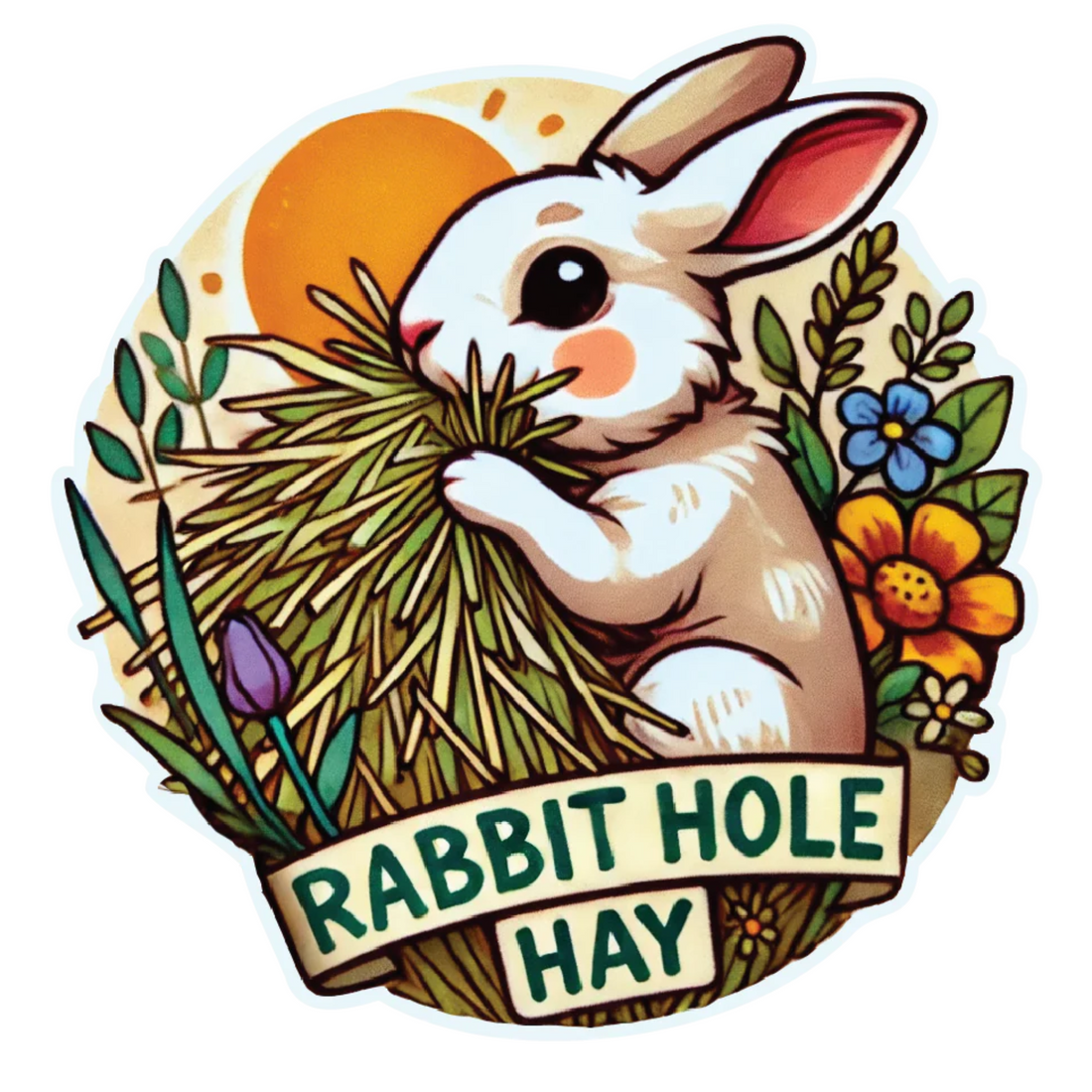
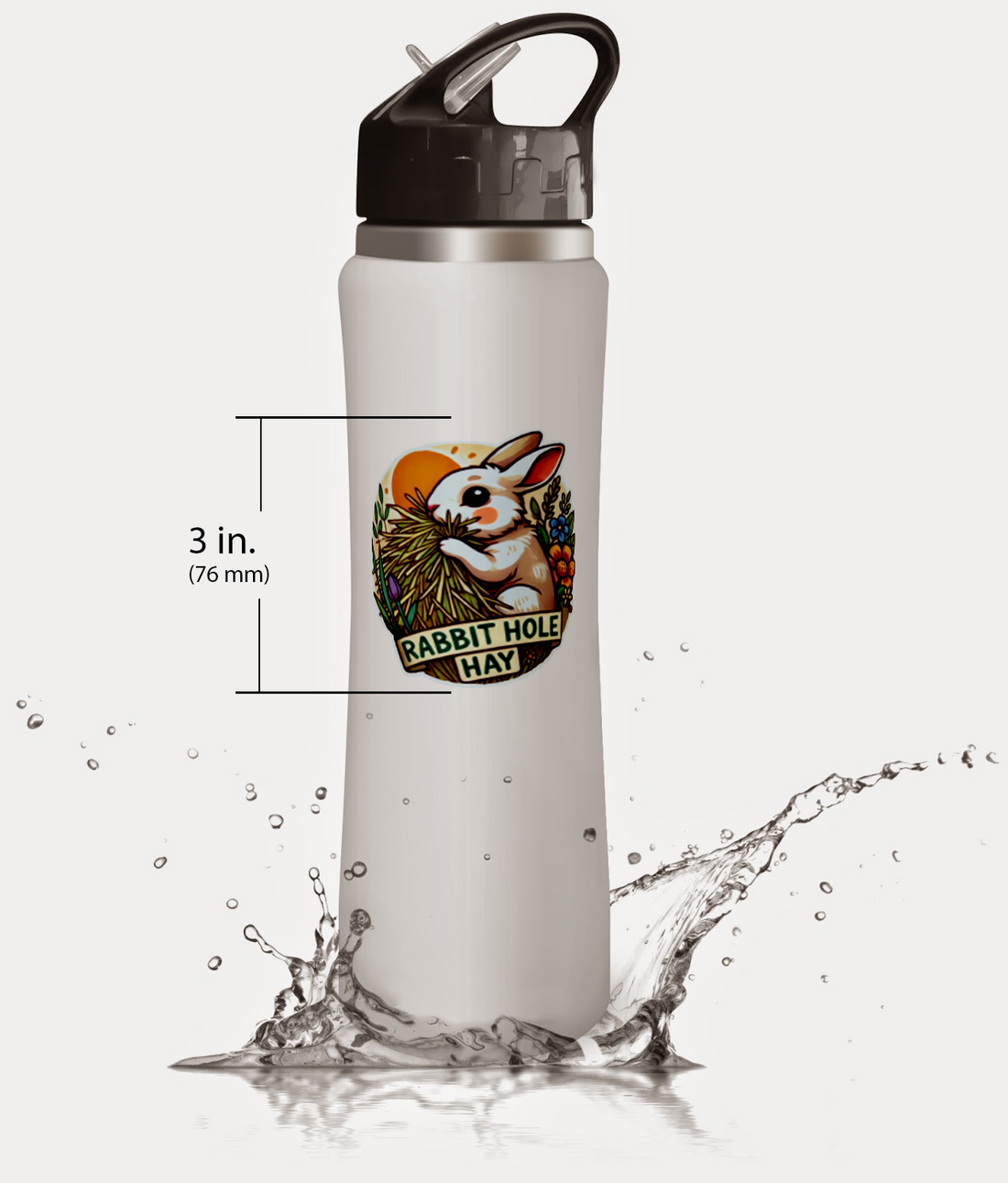
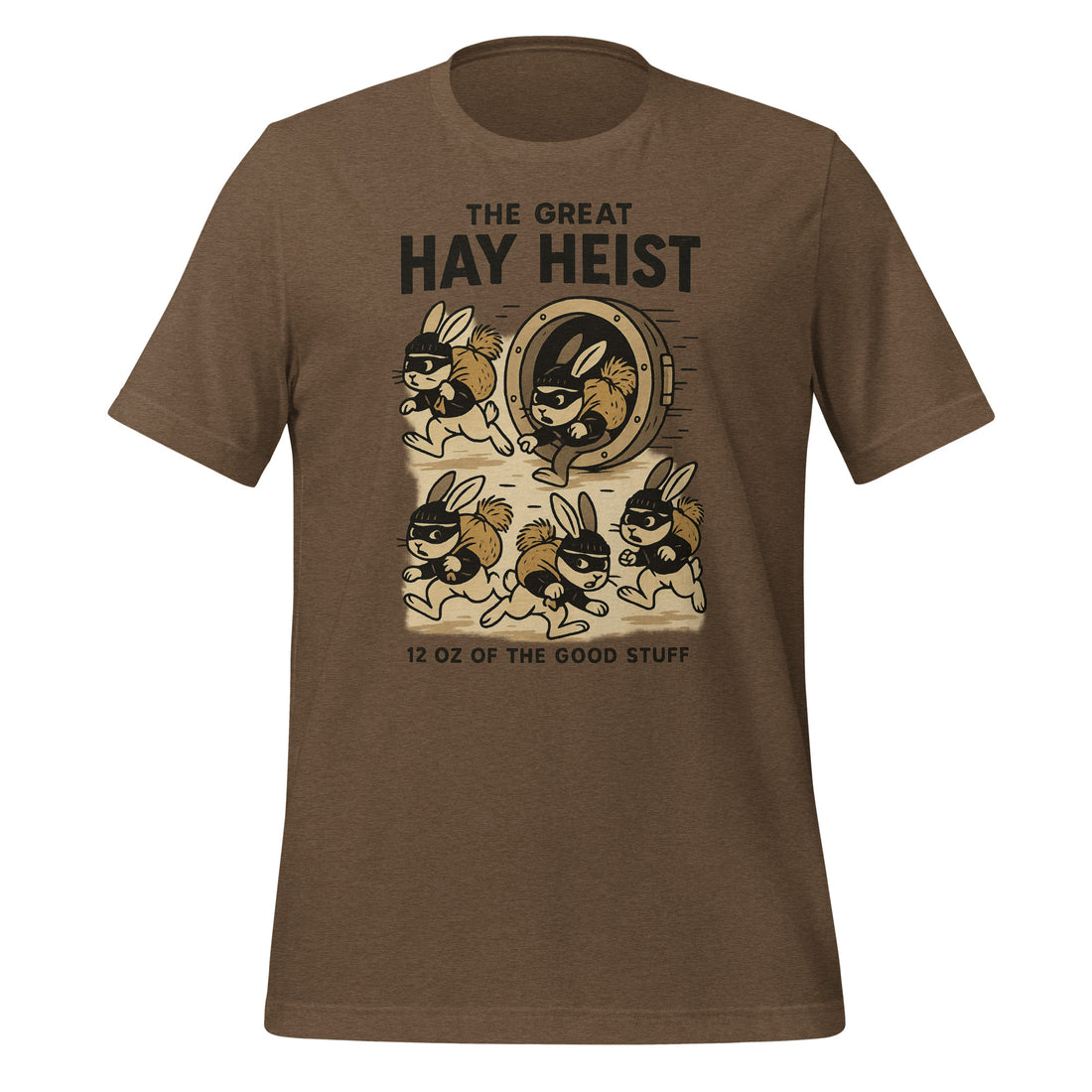






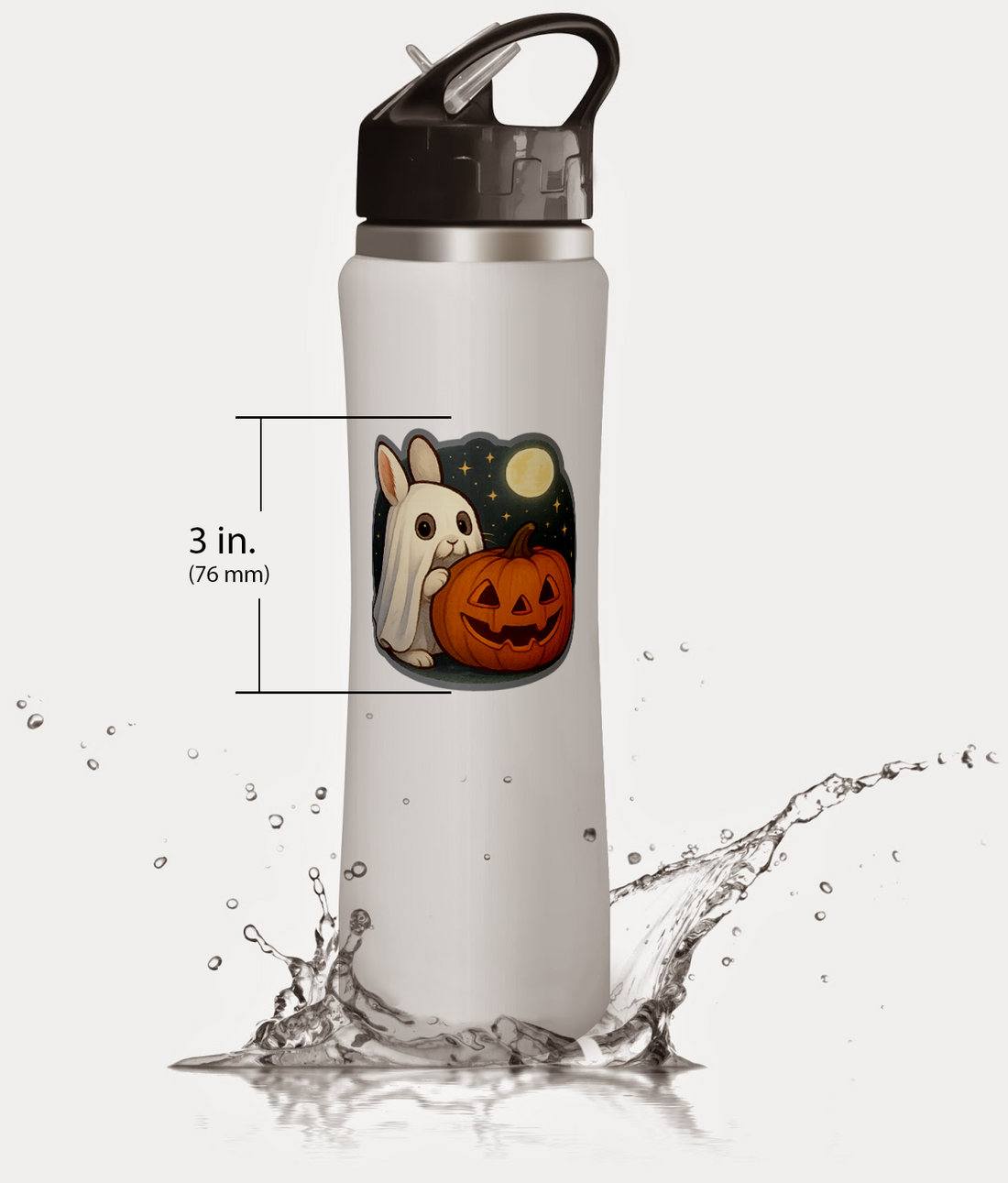

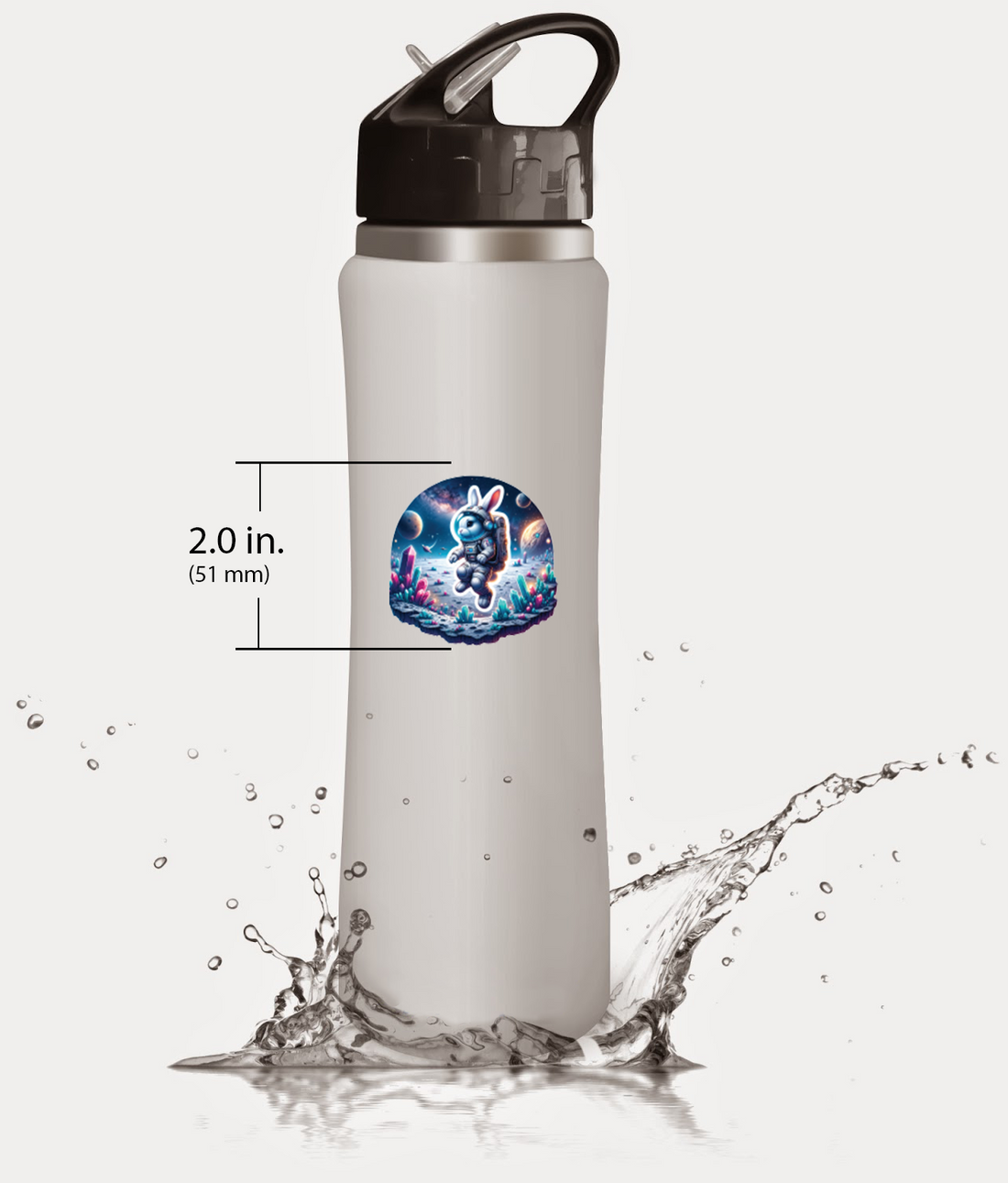
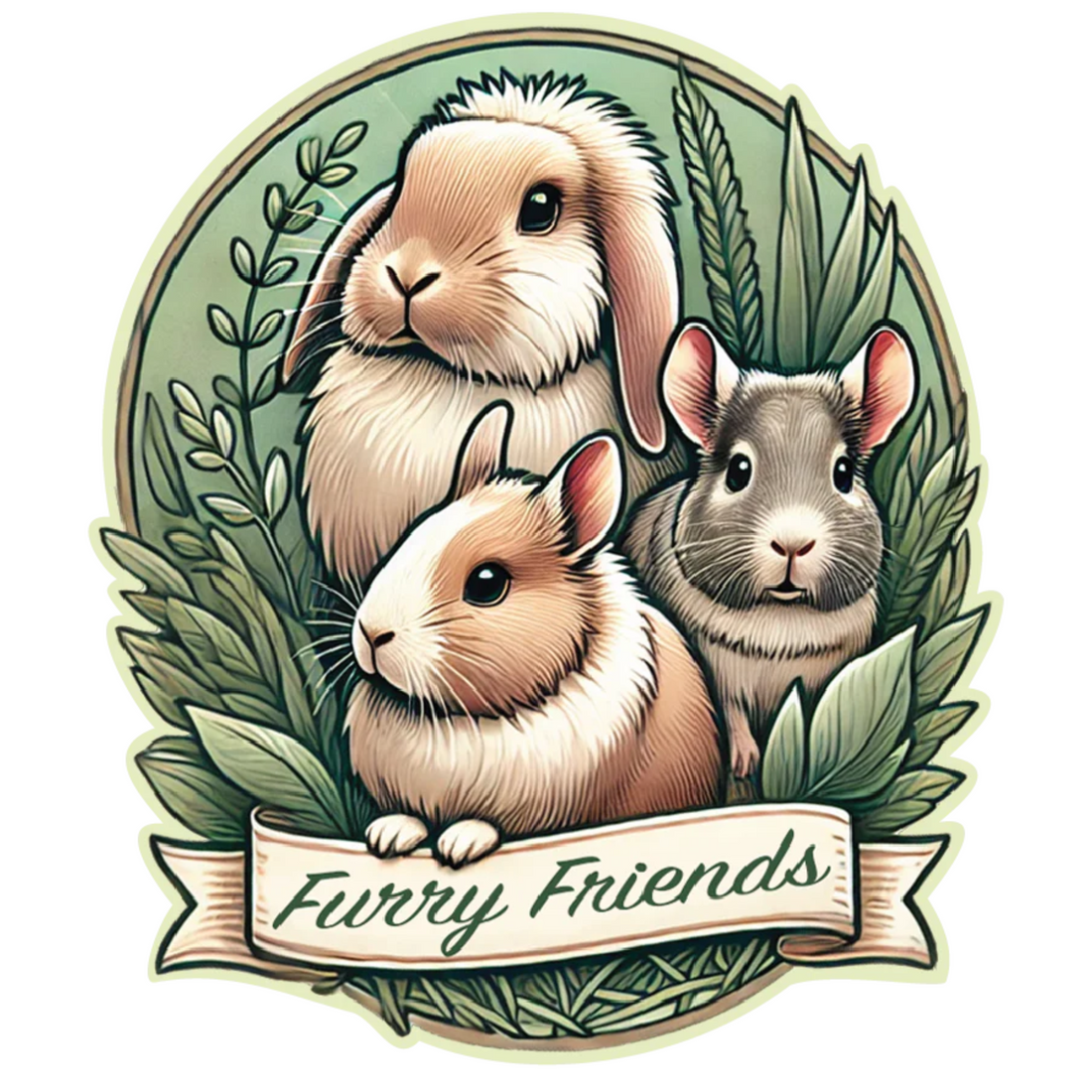
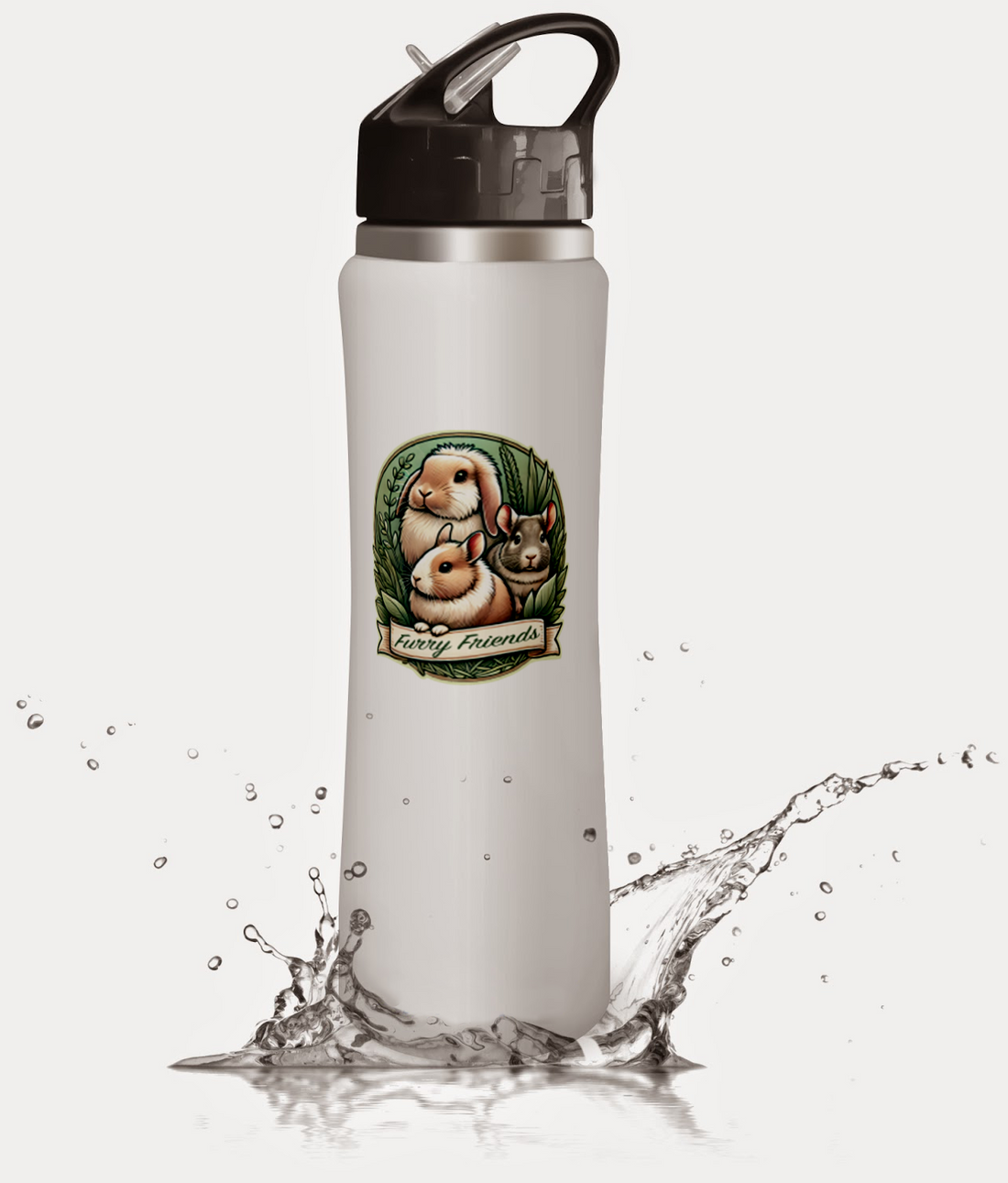









Comments